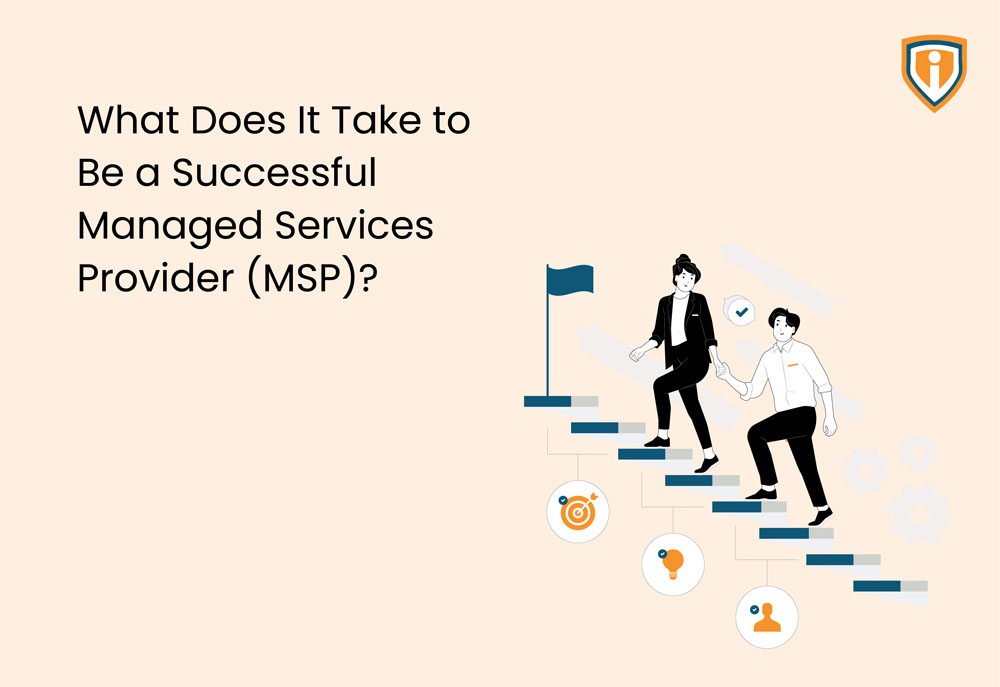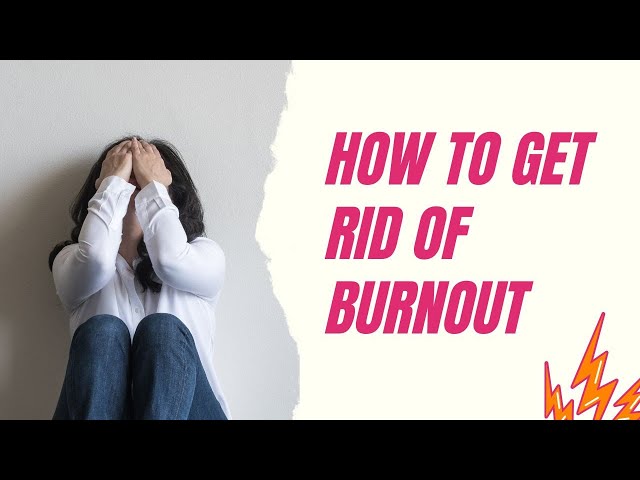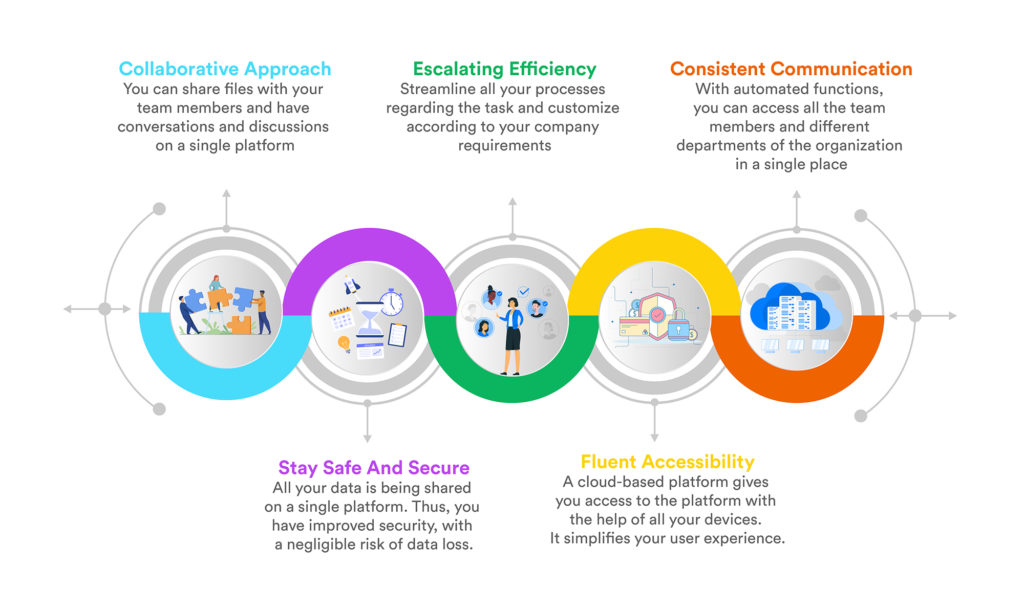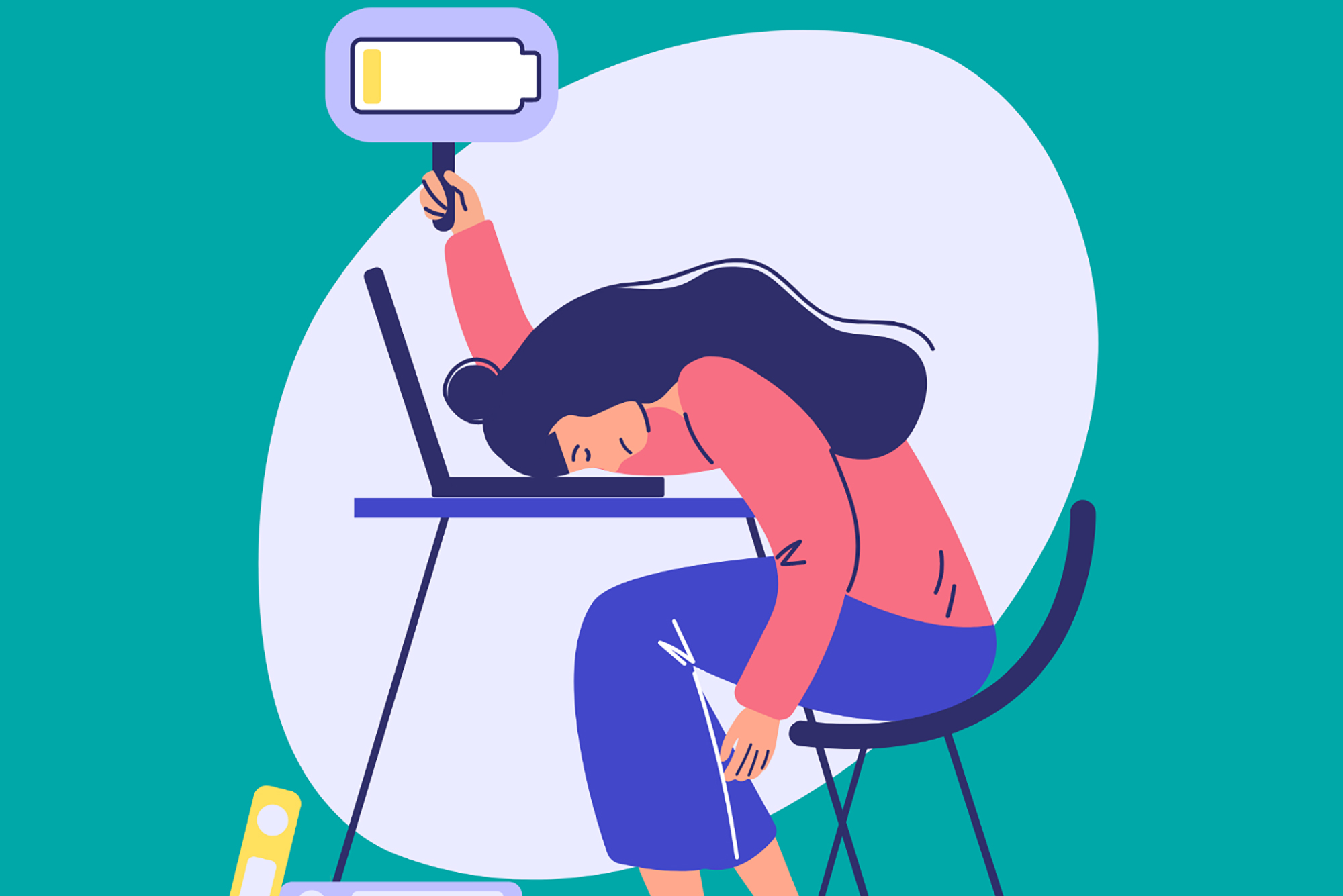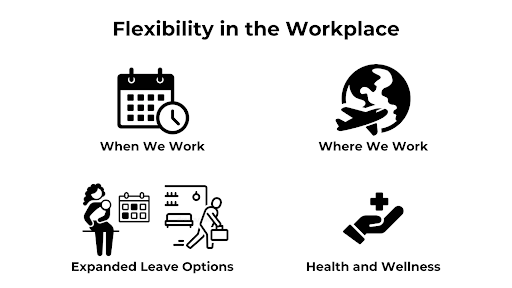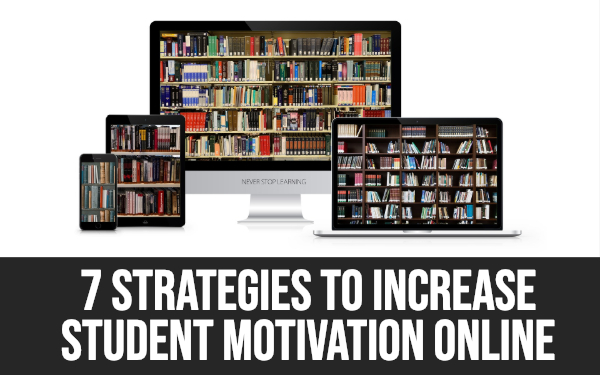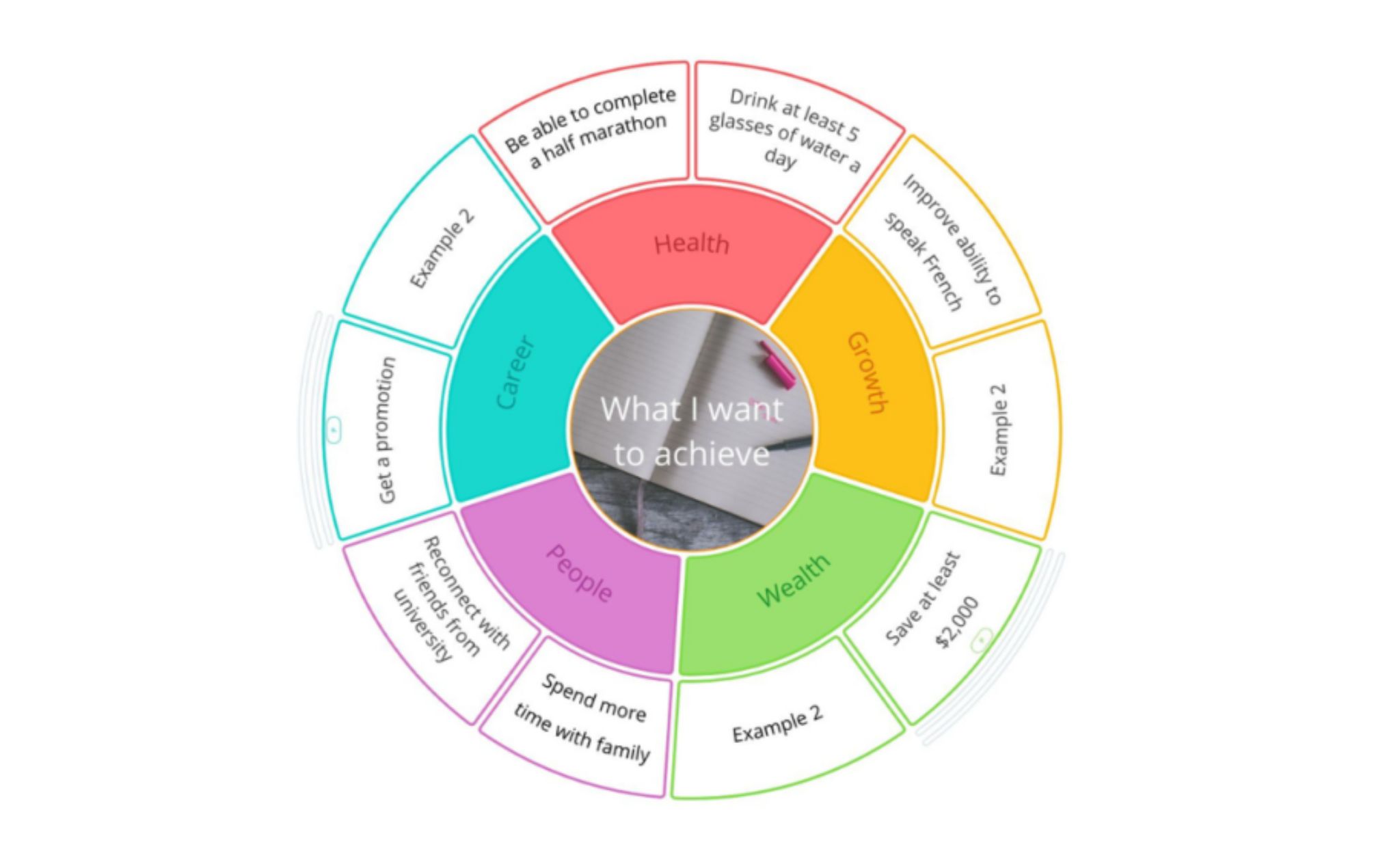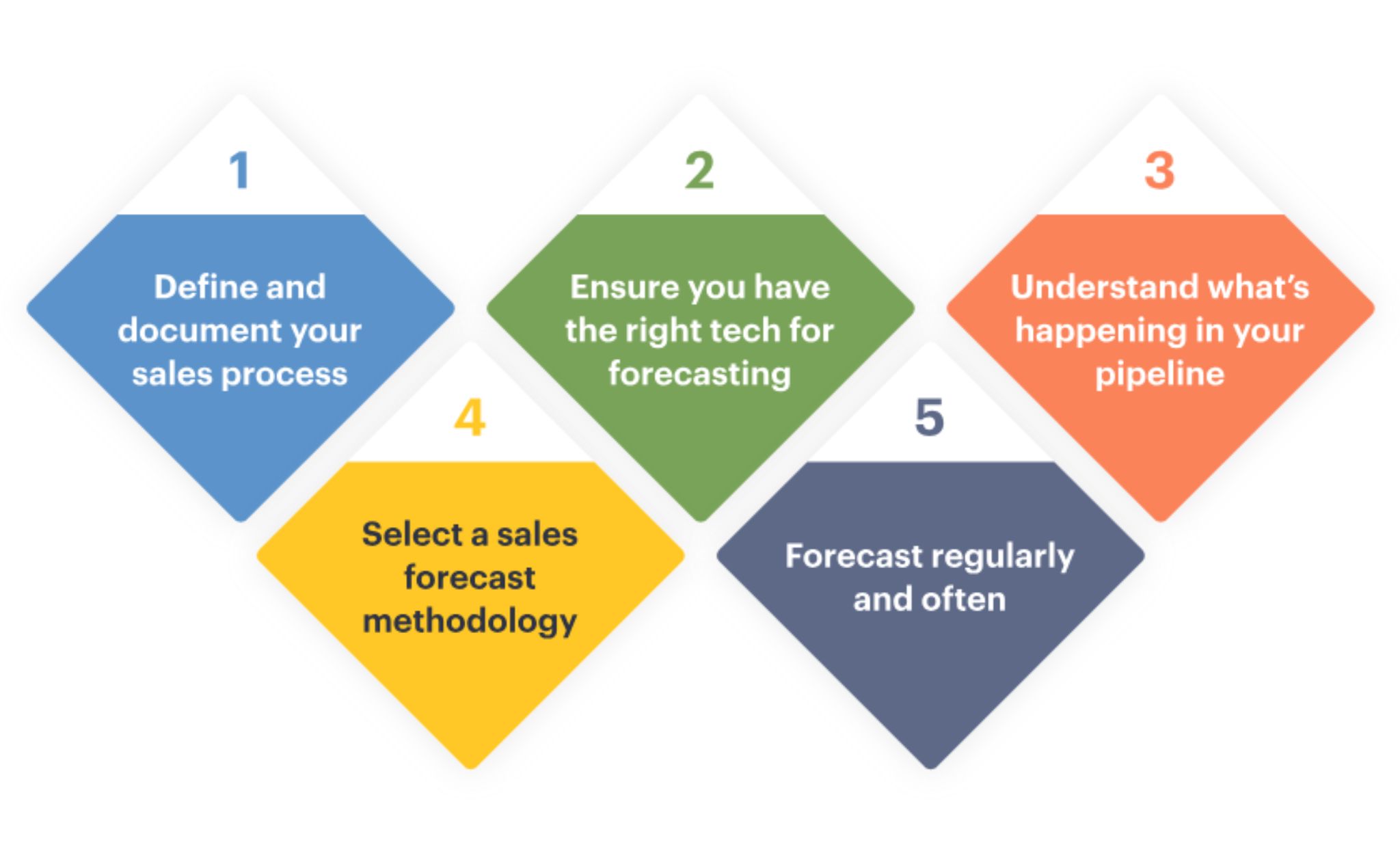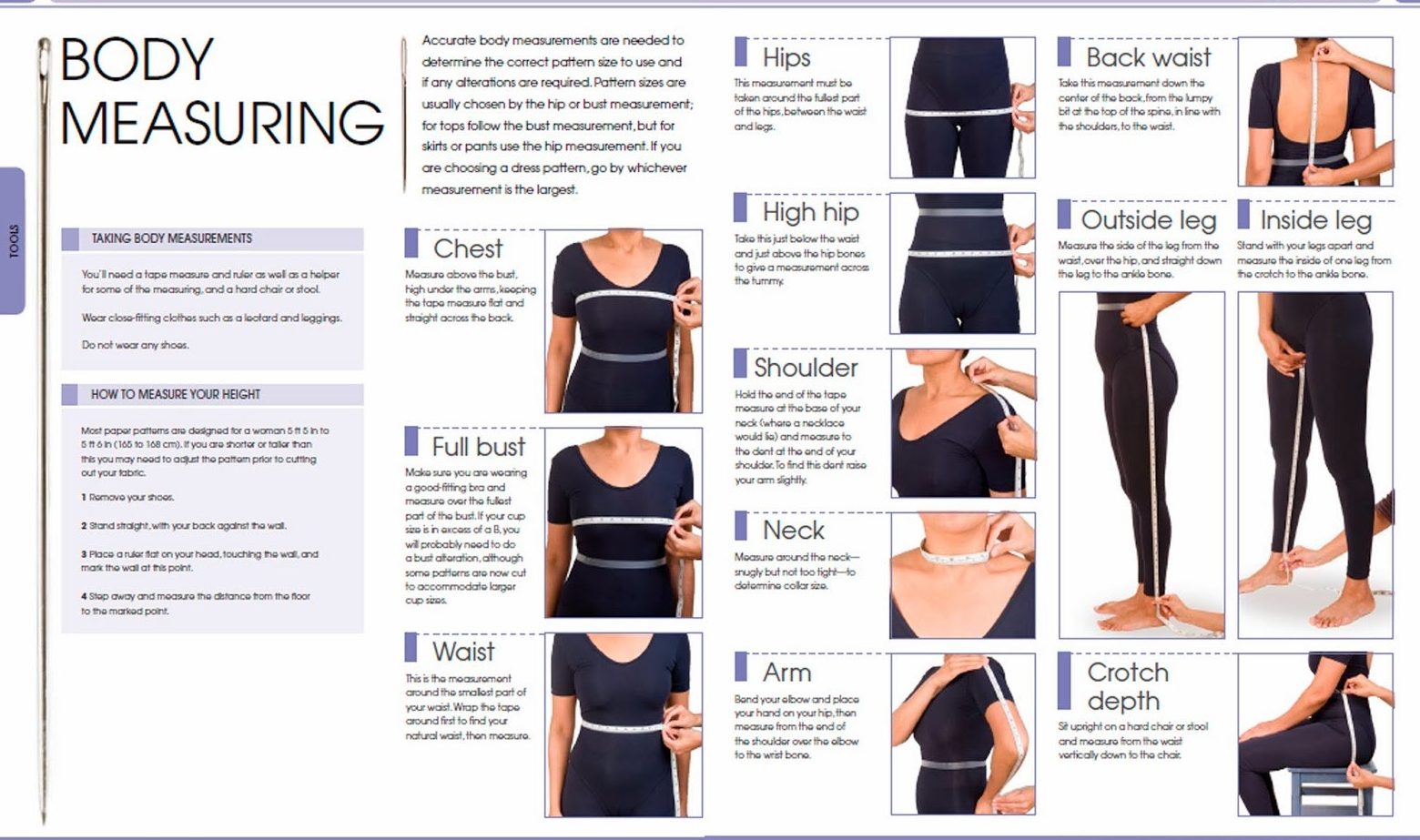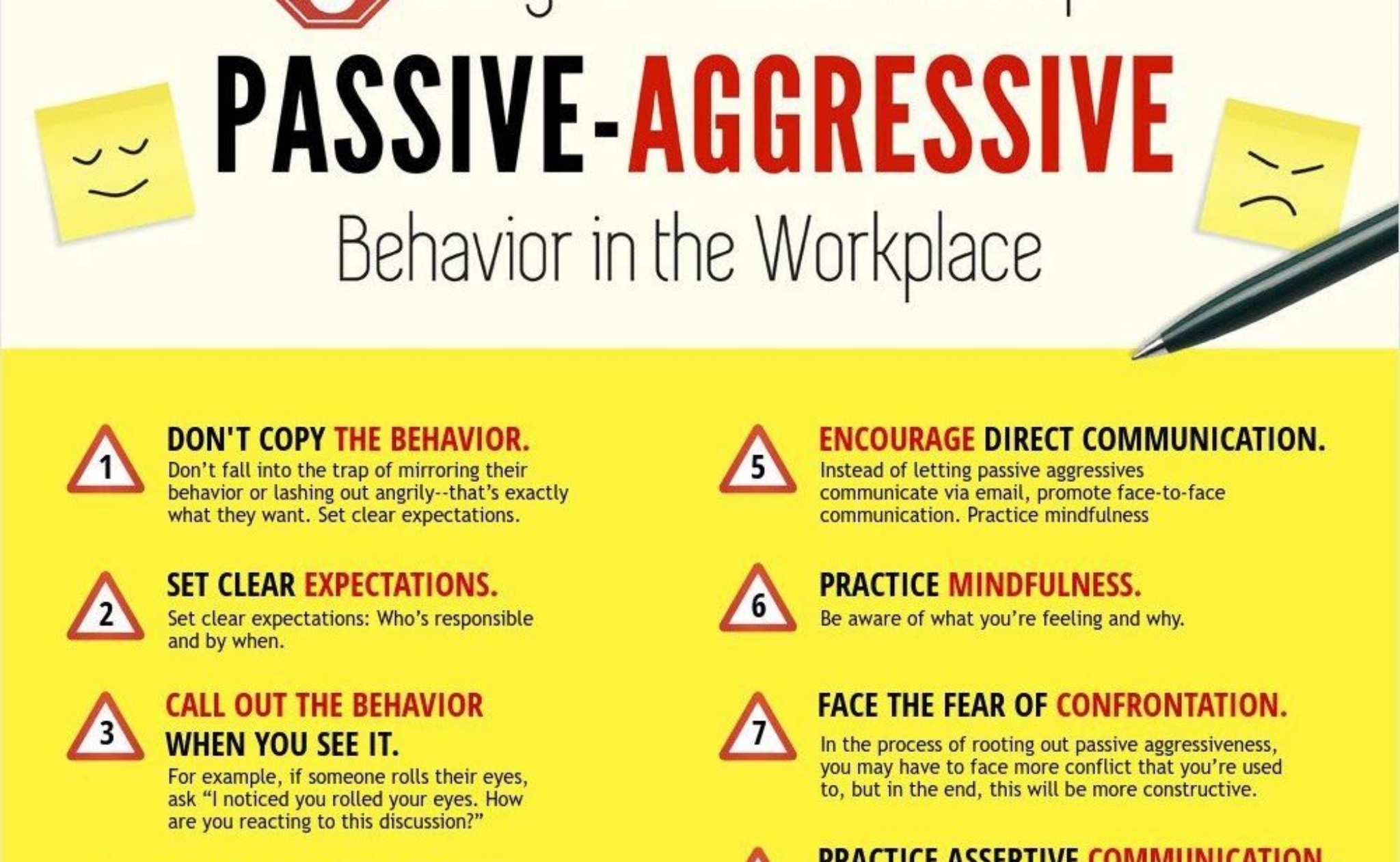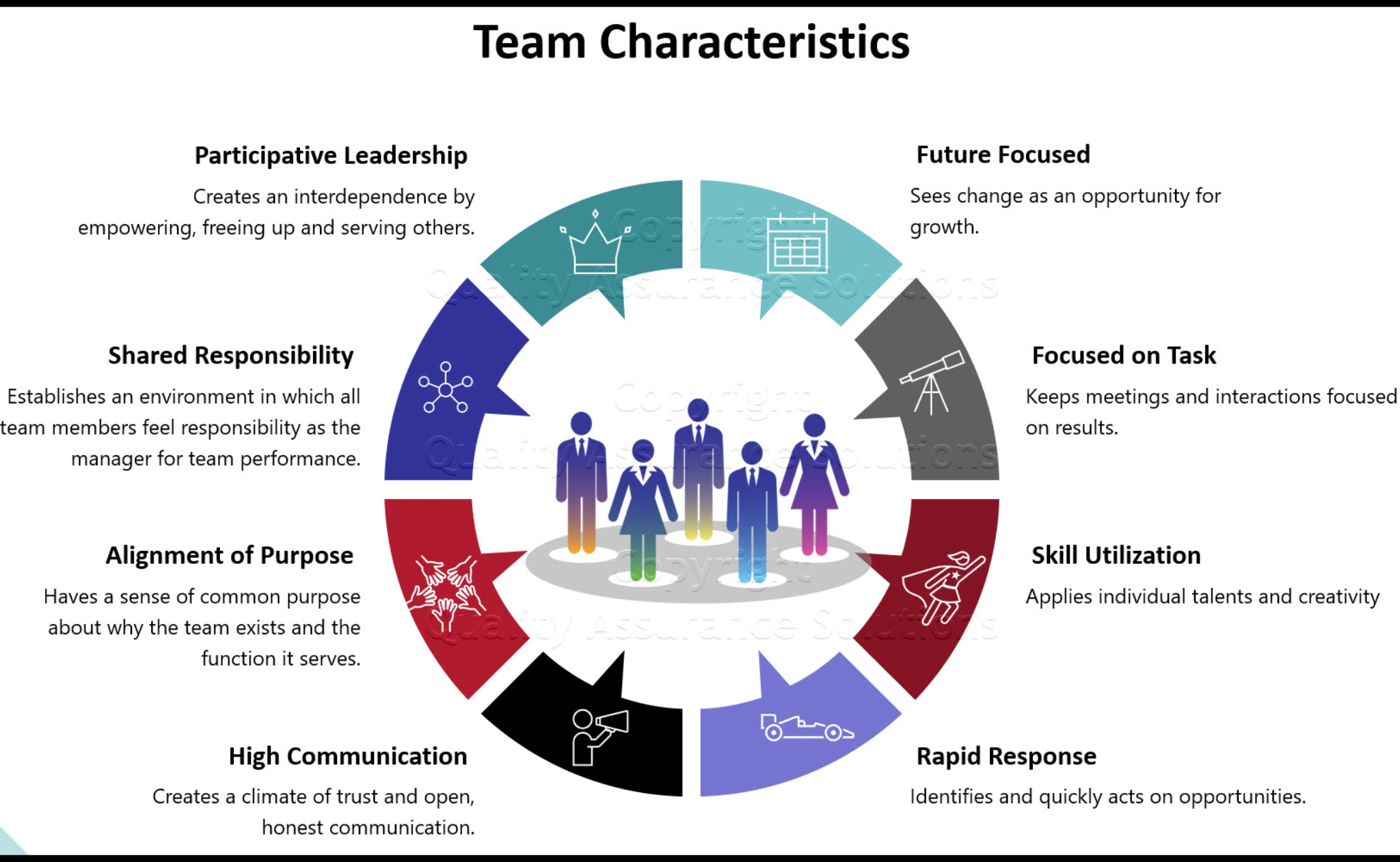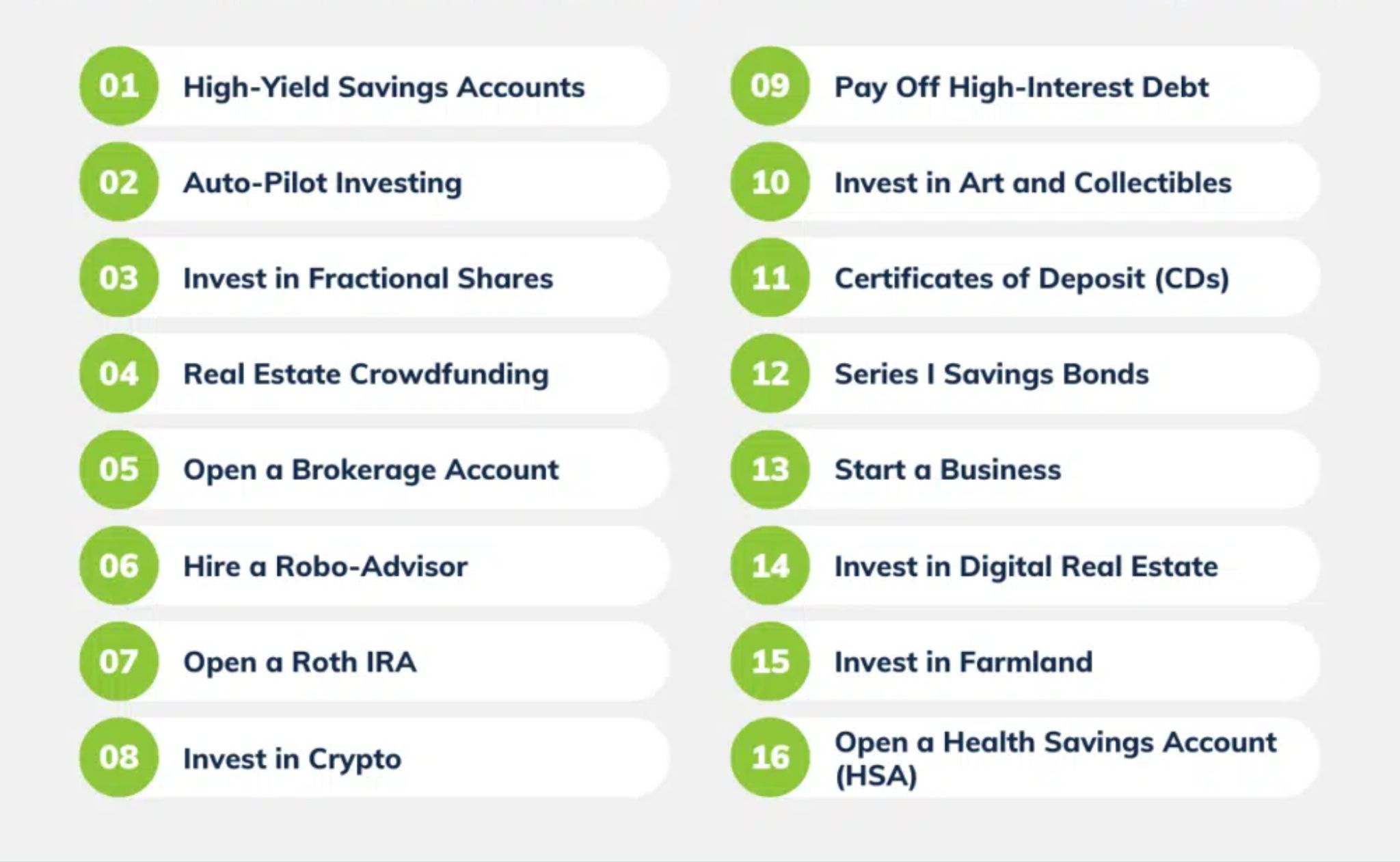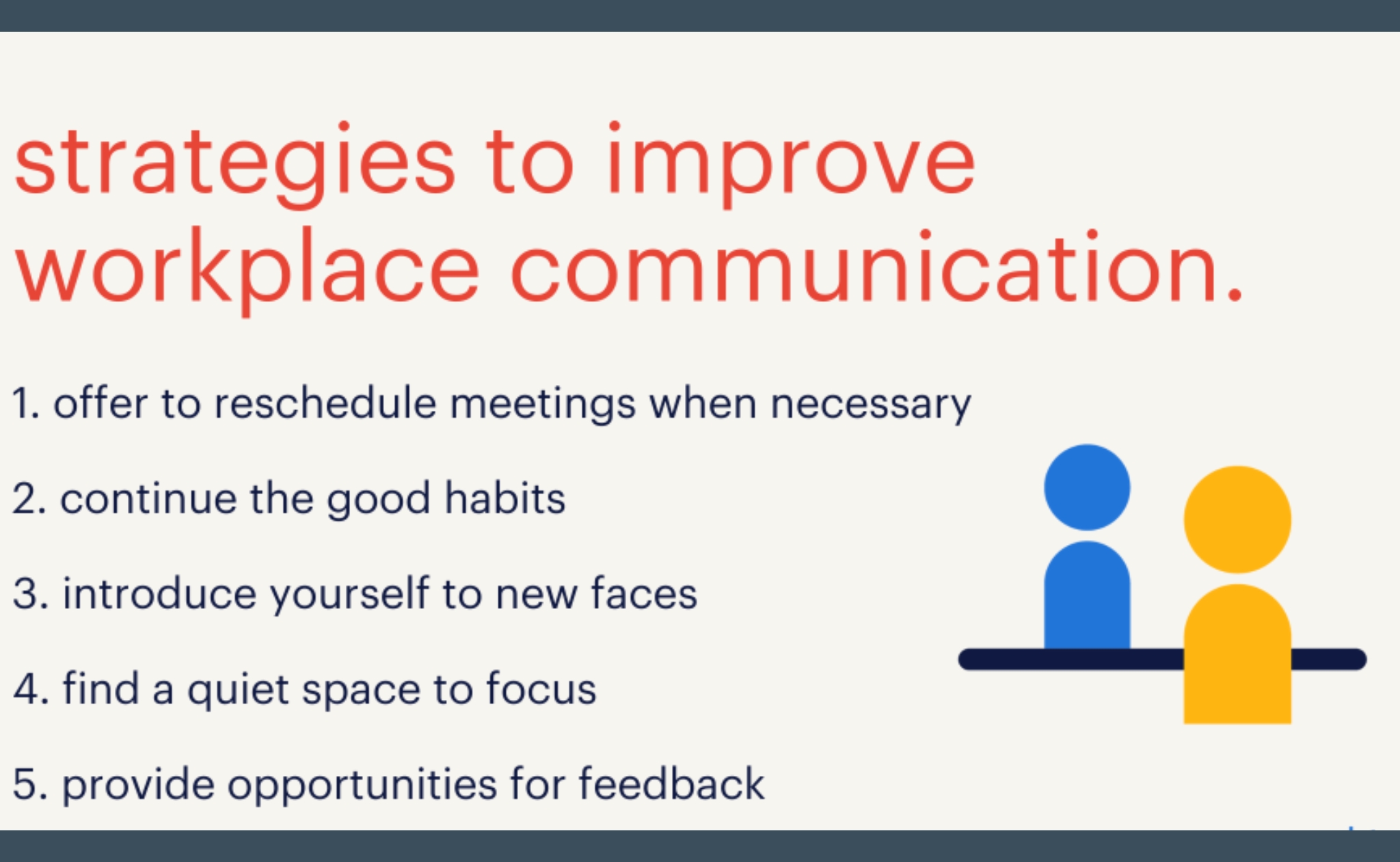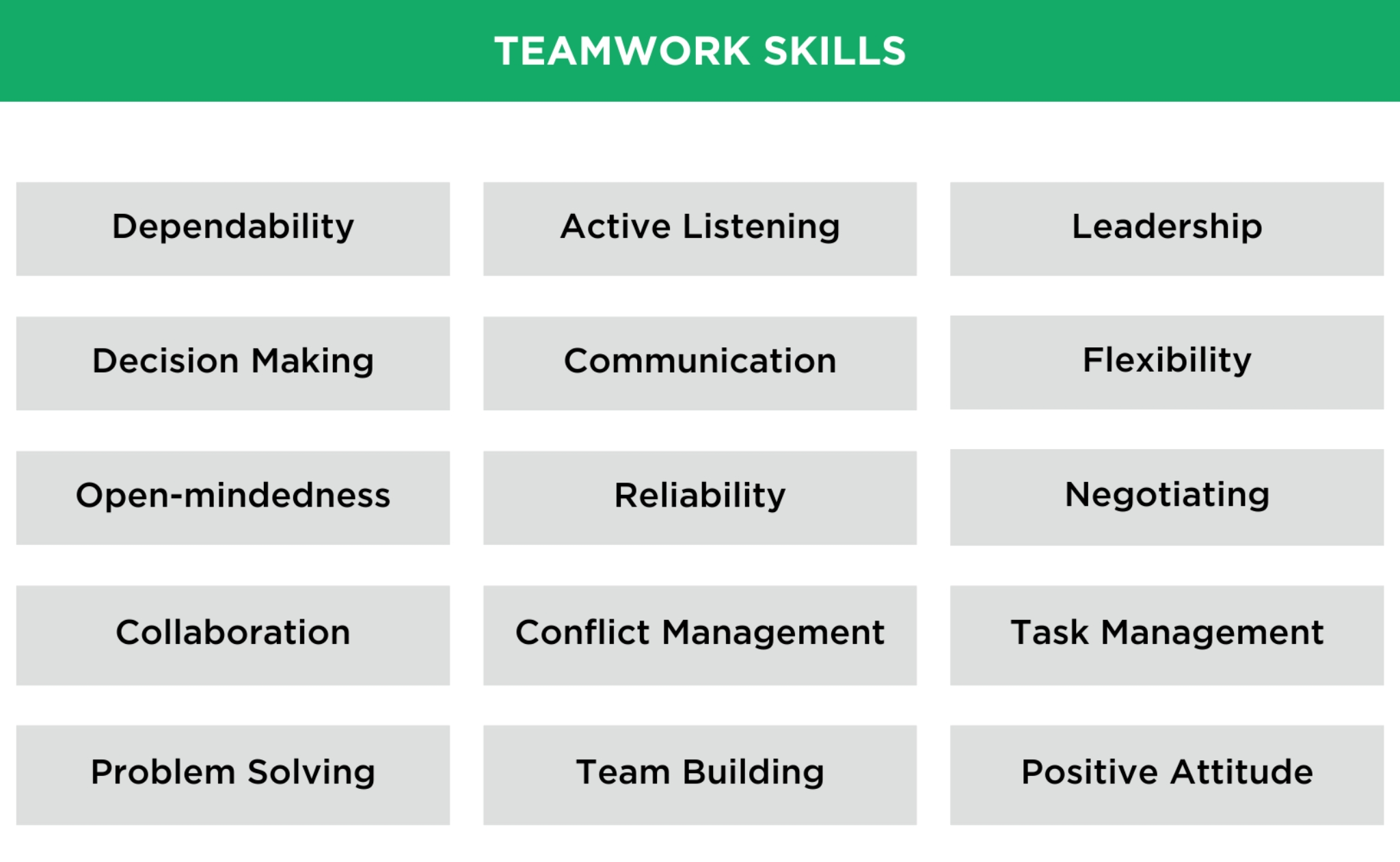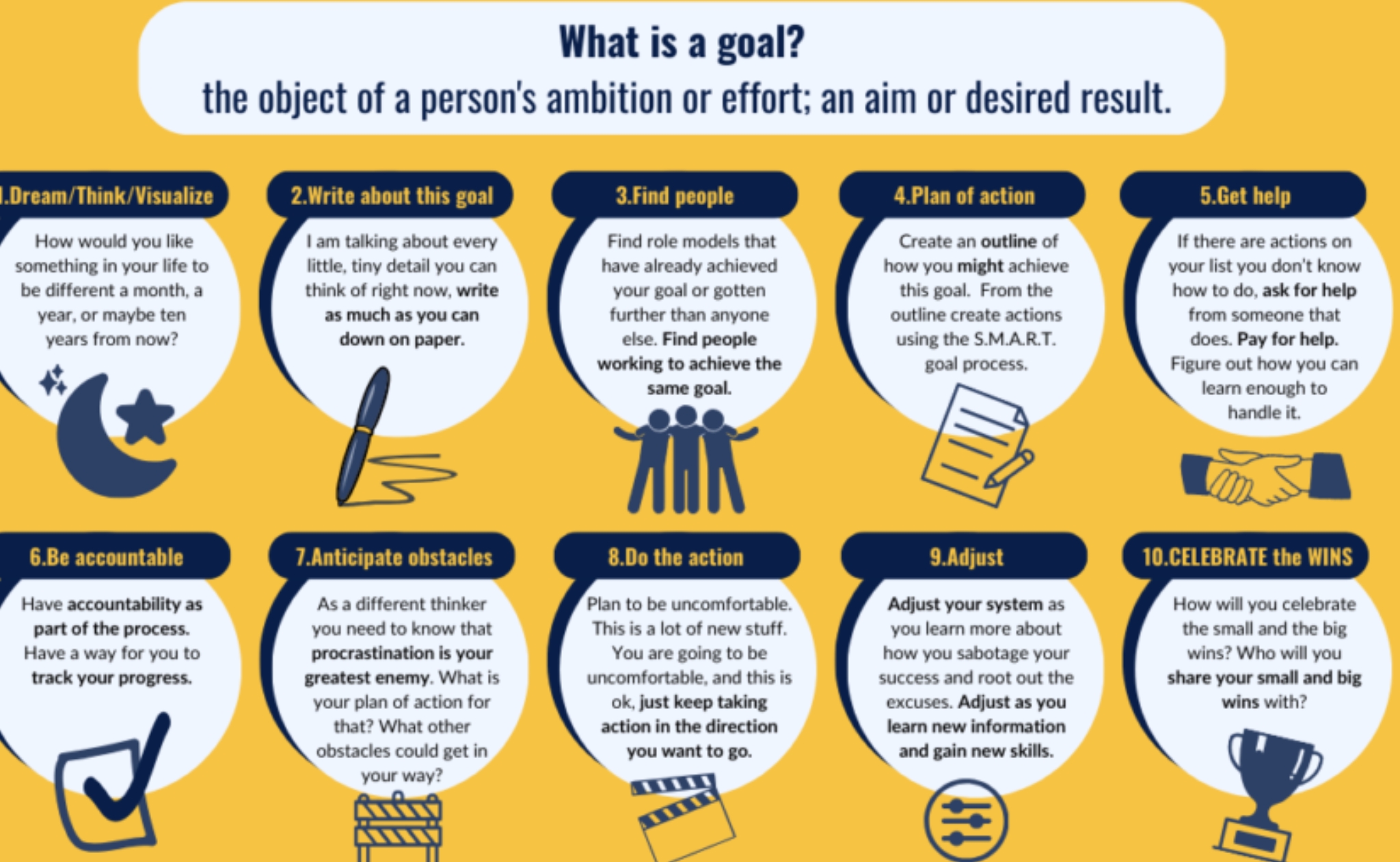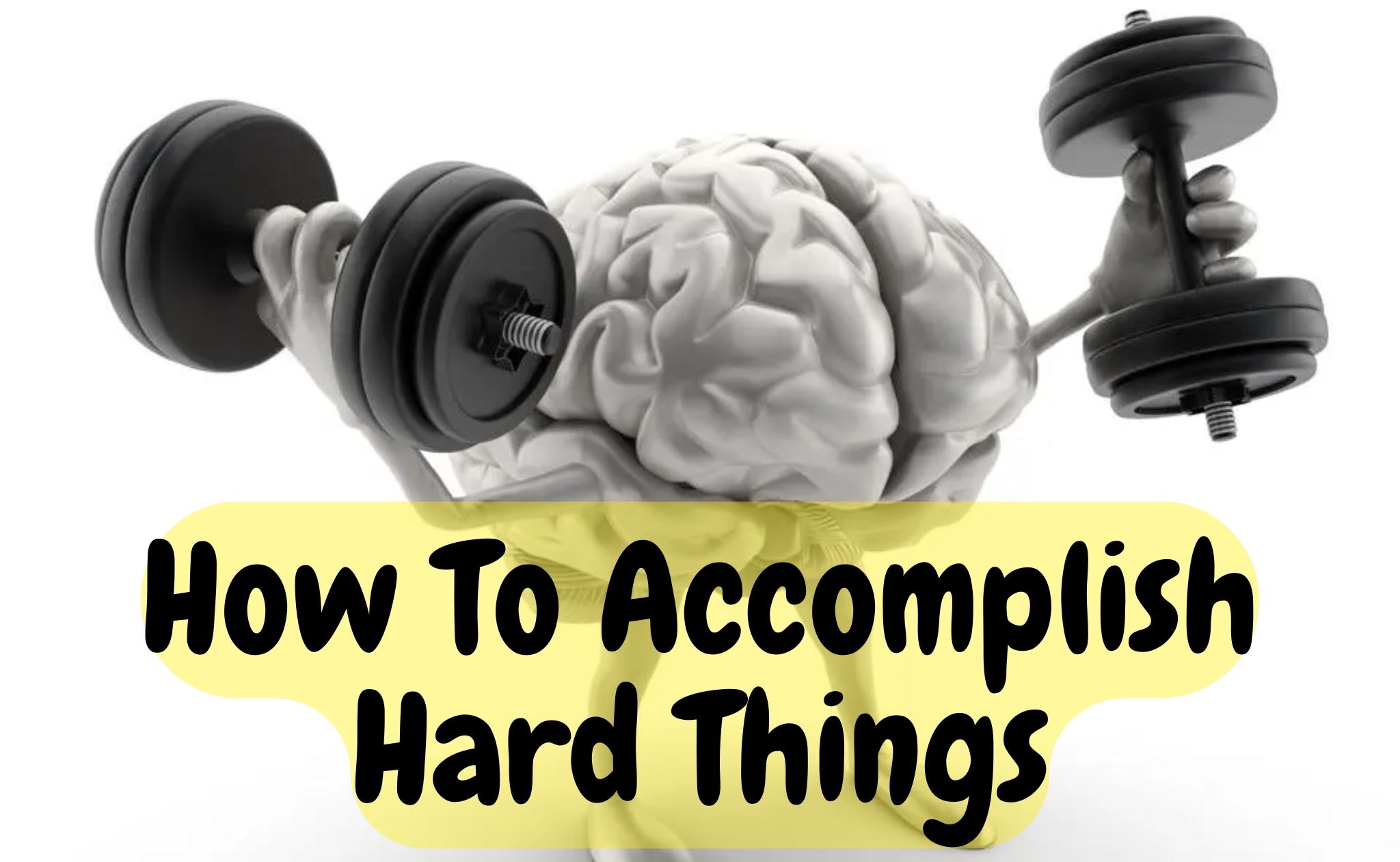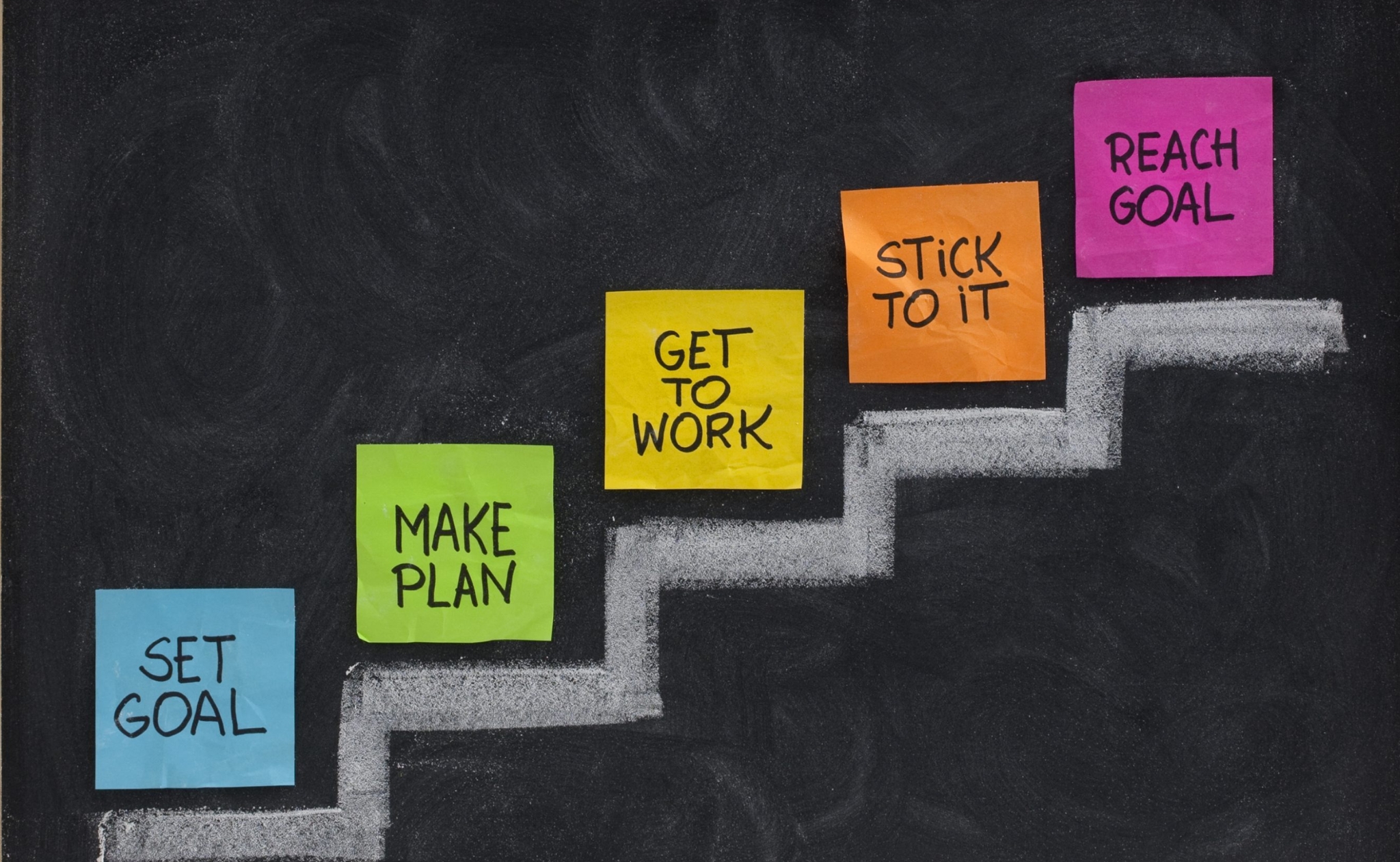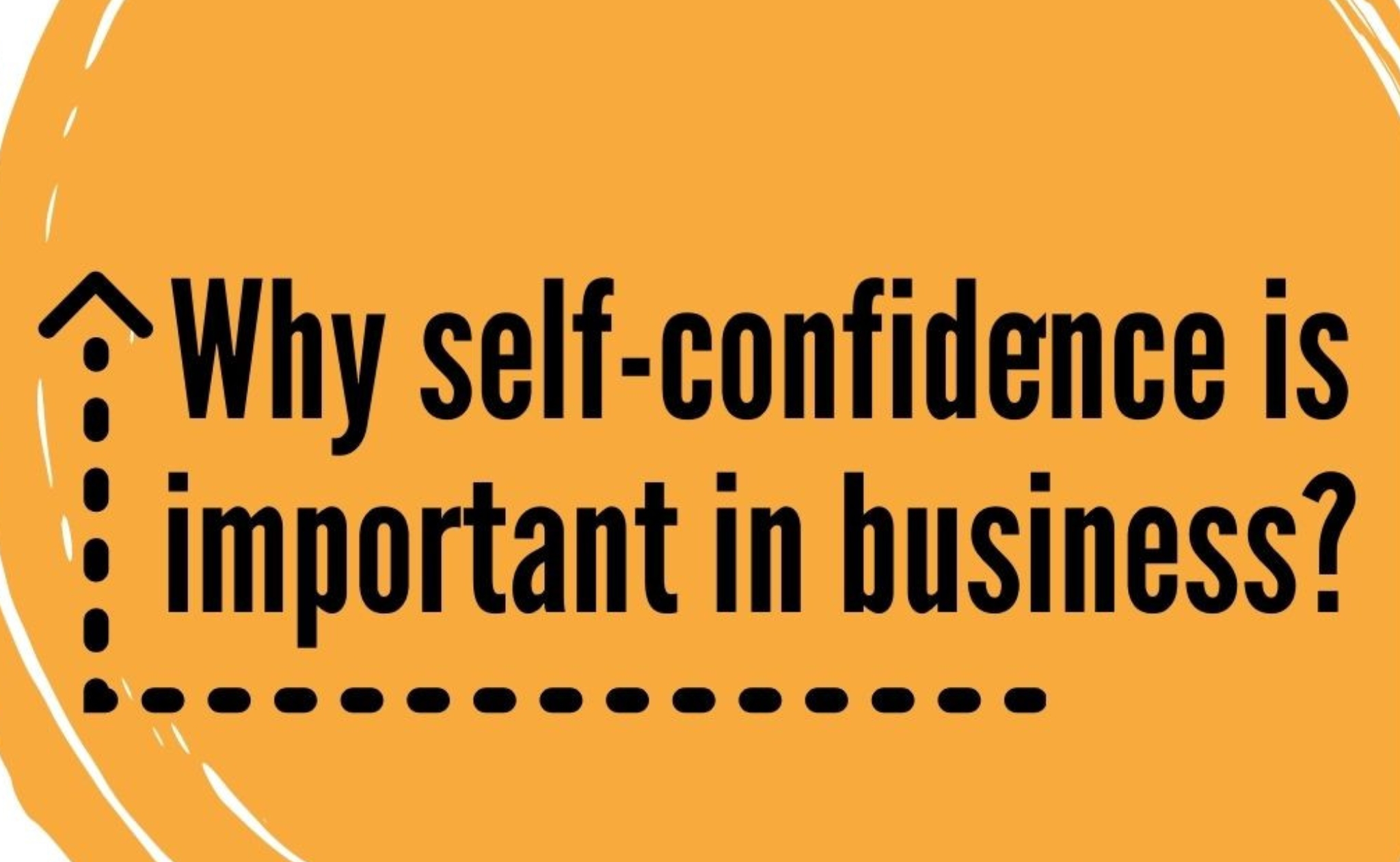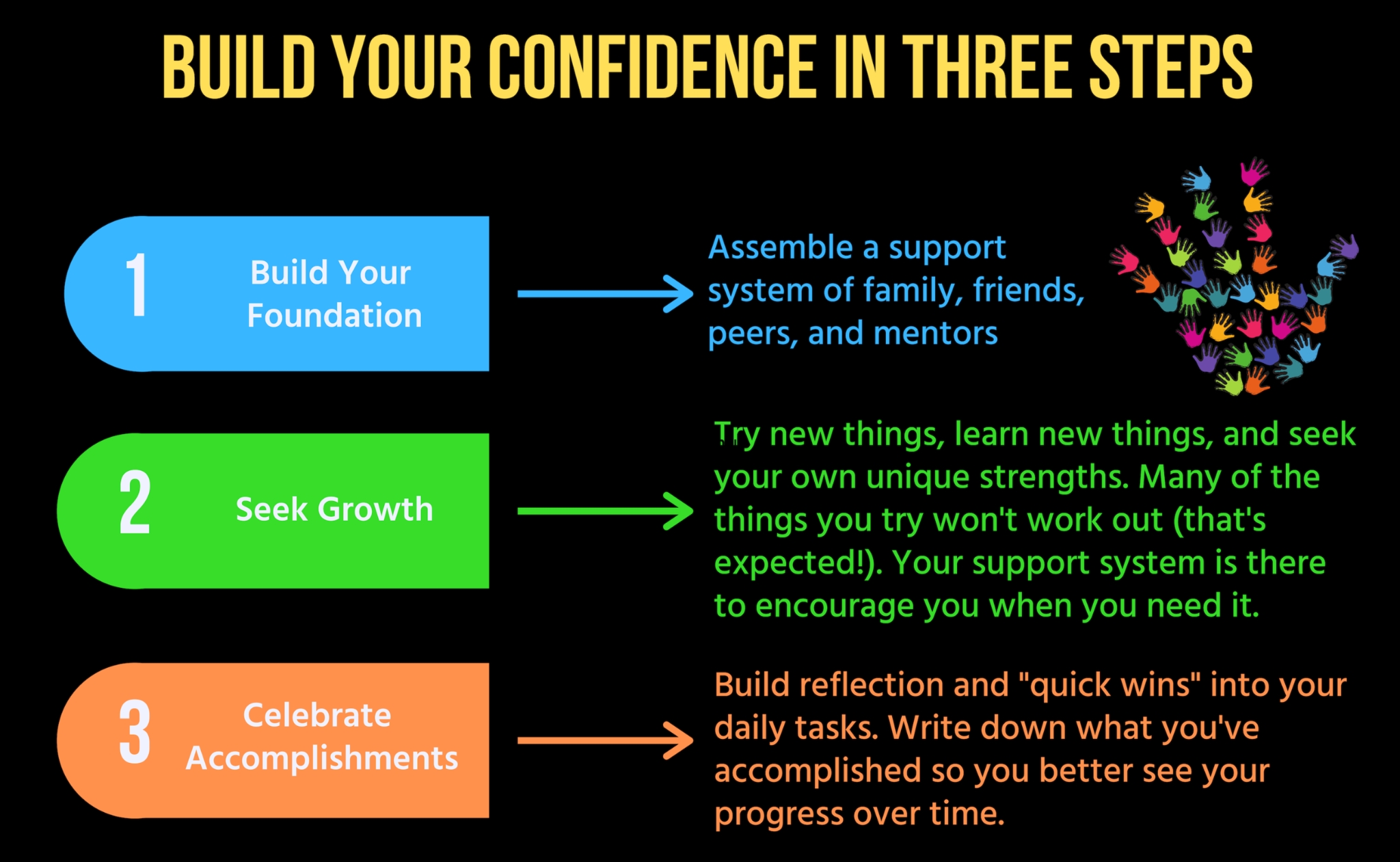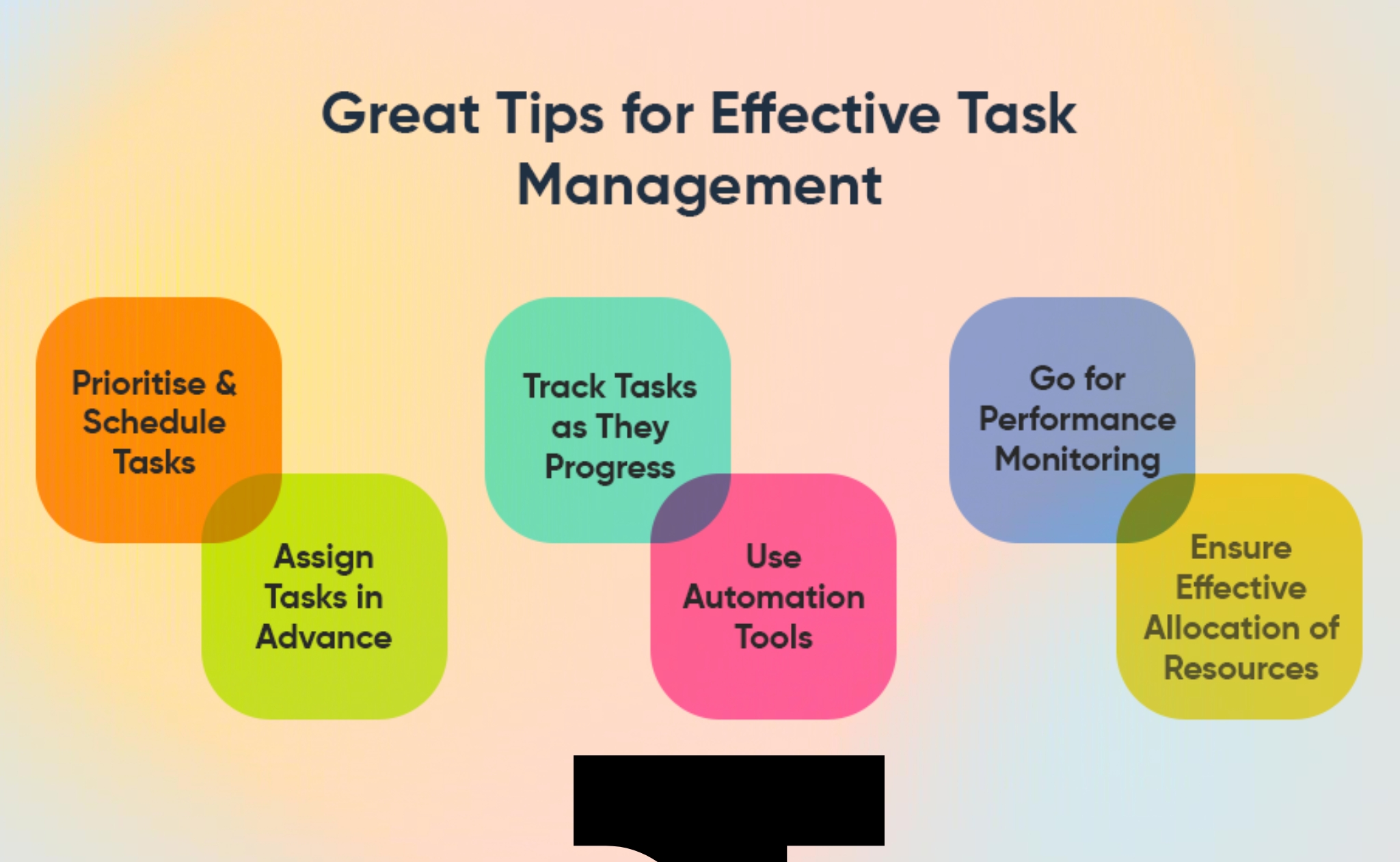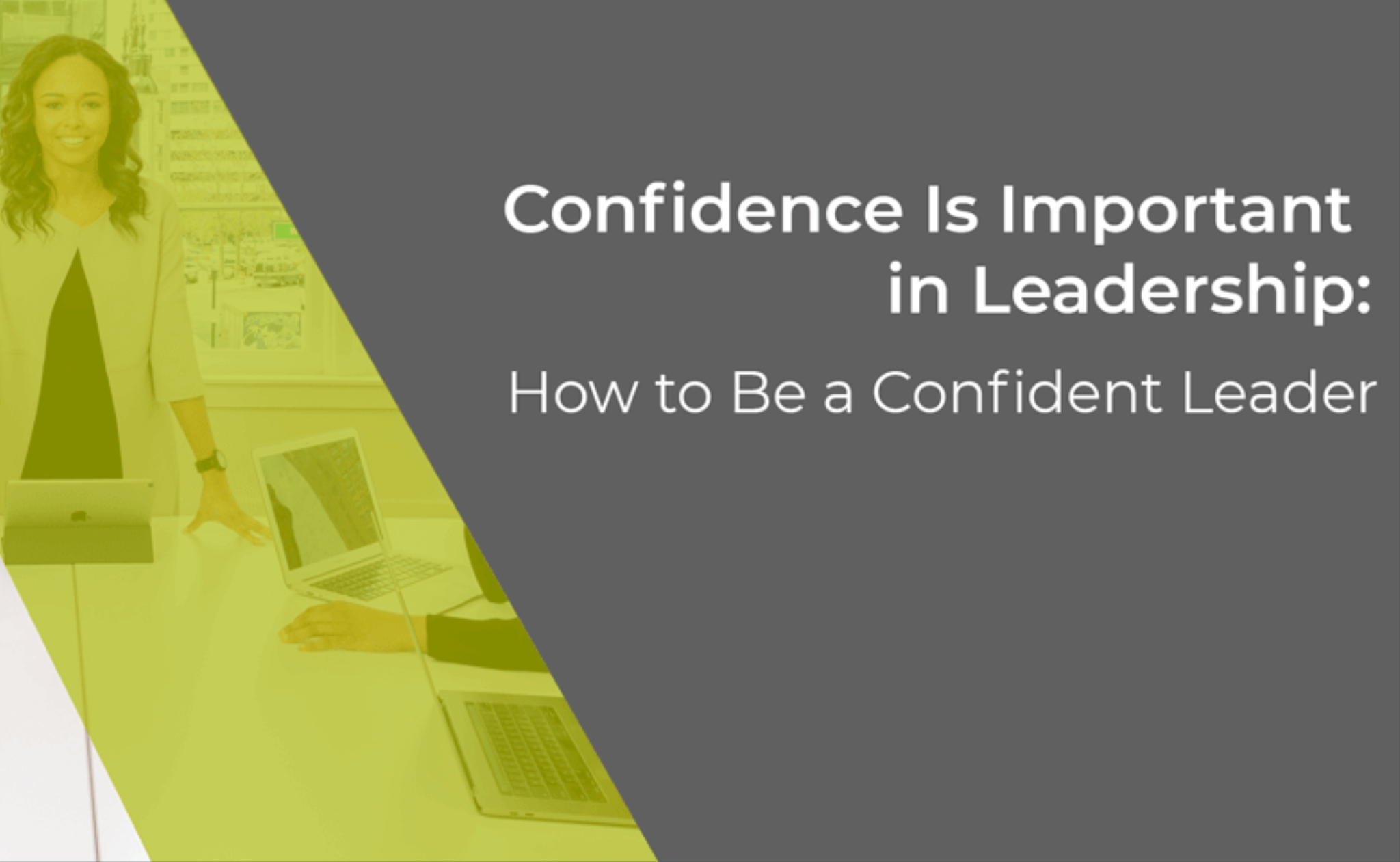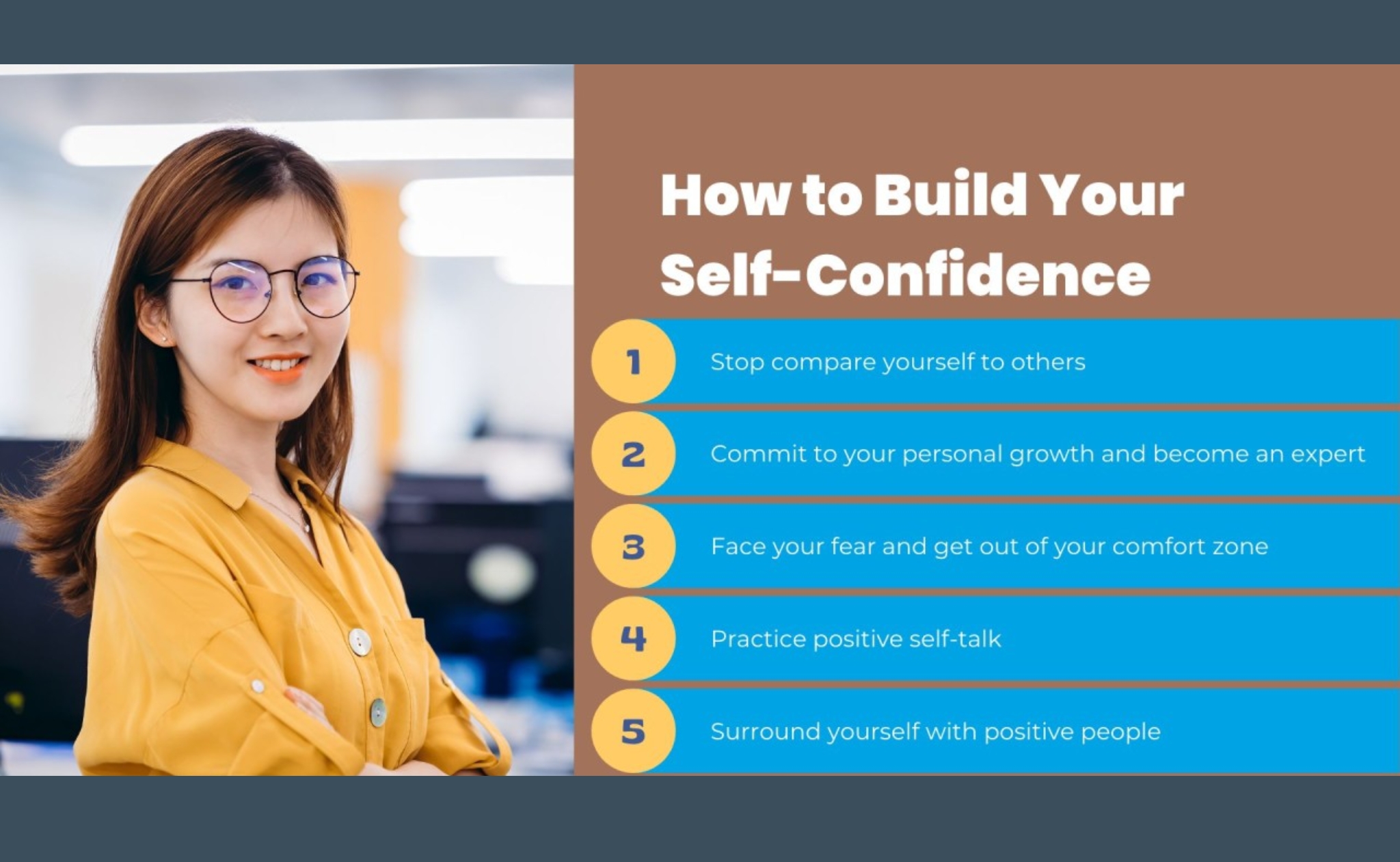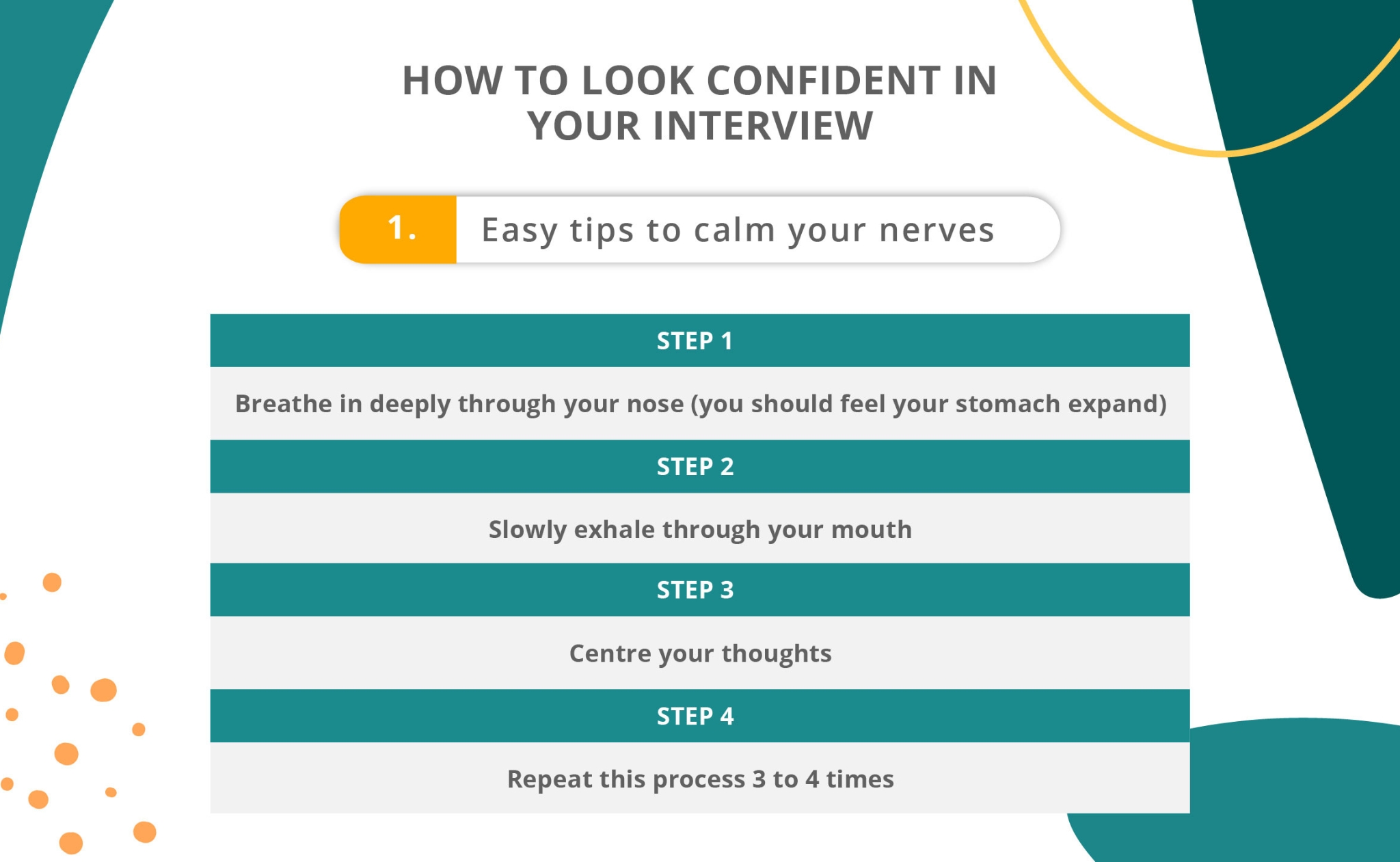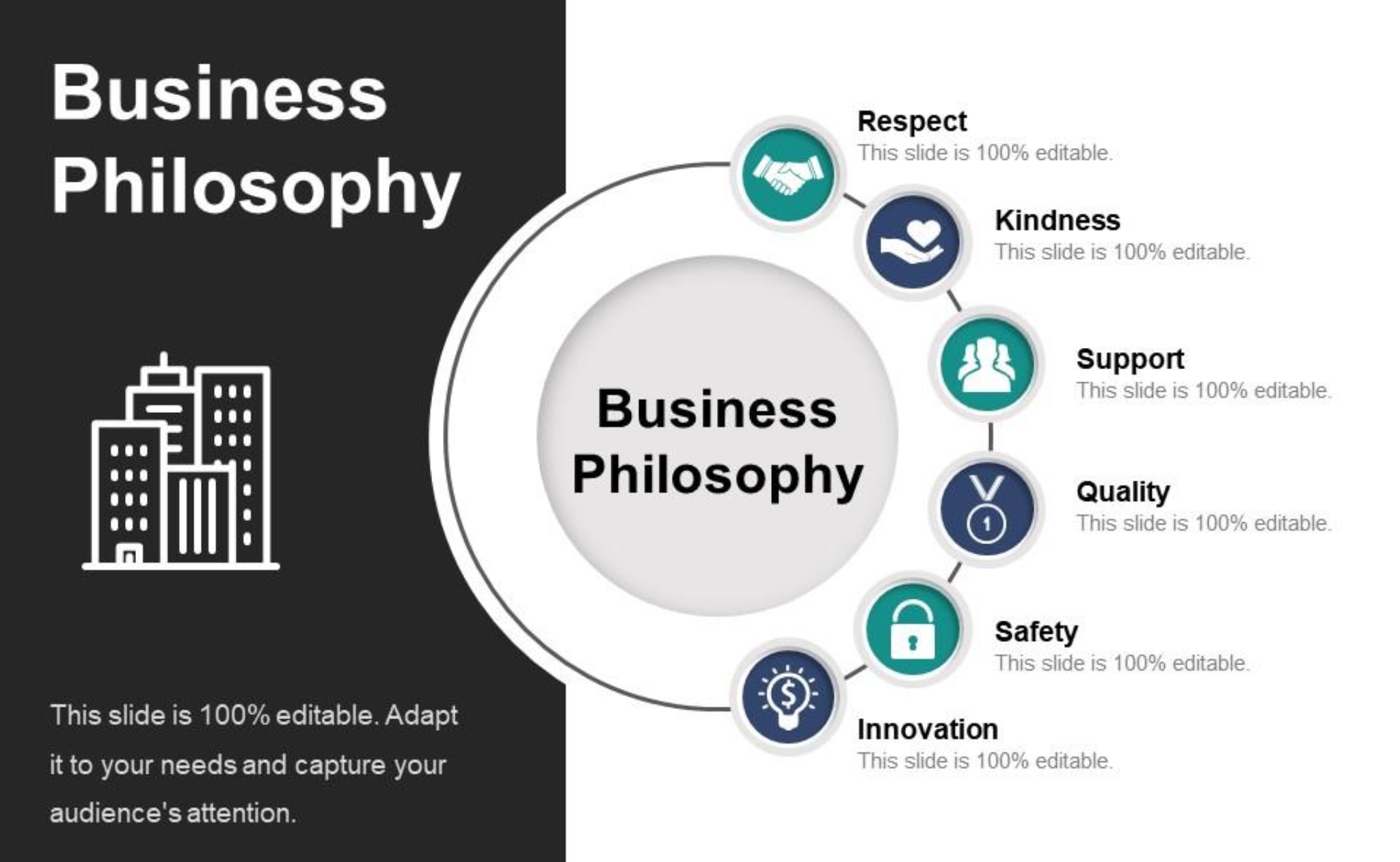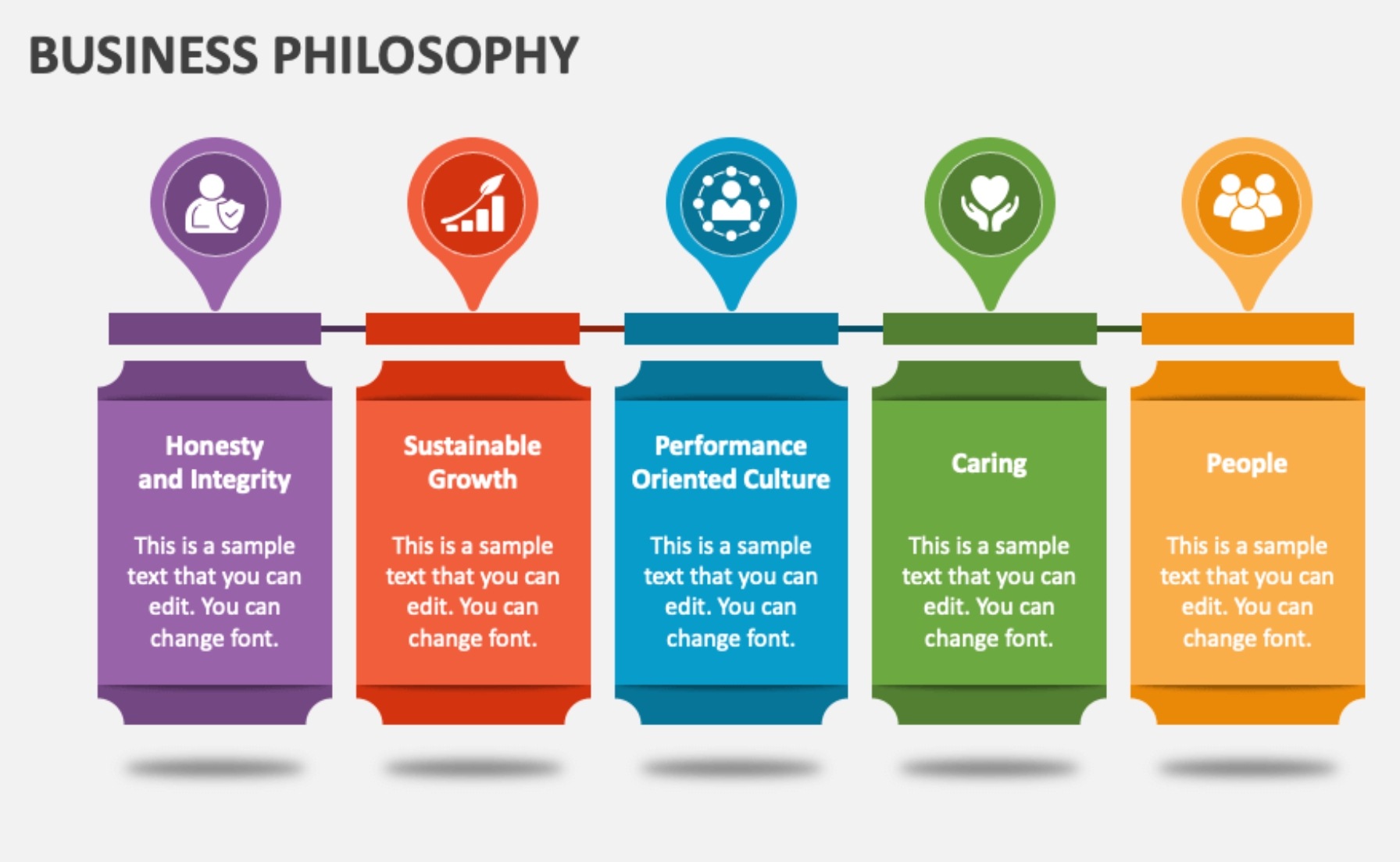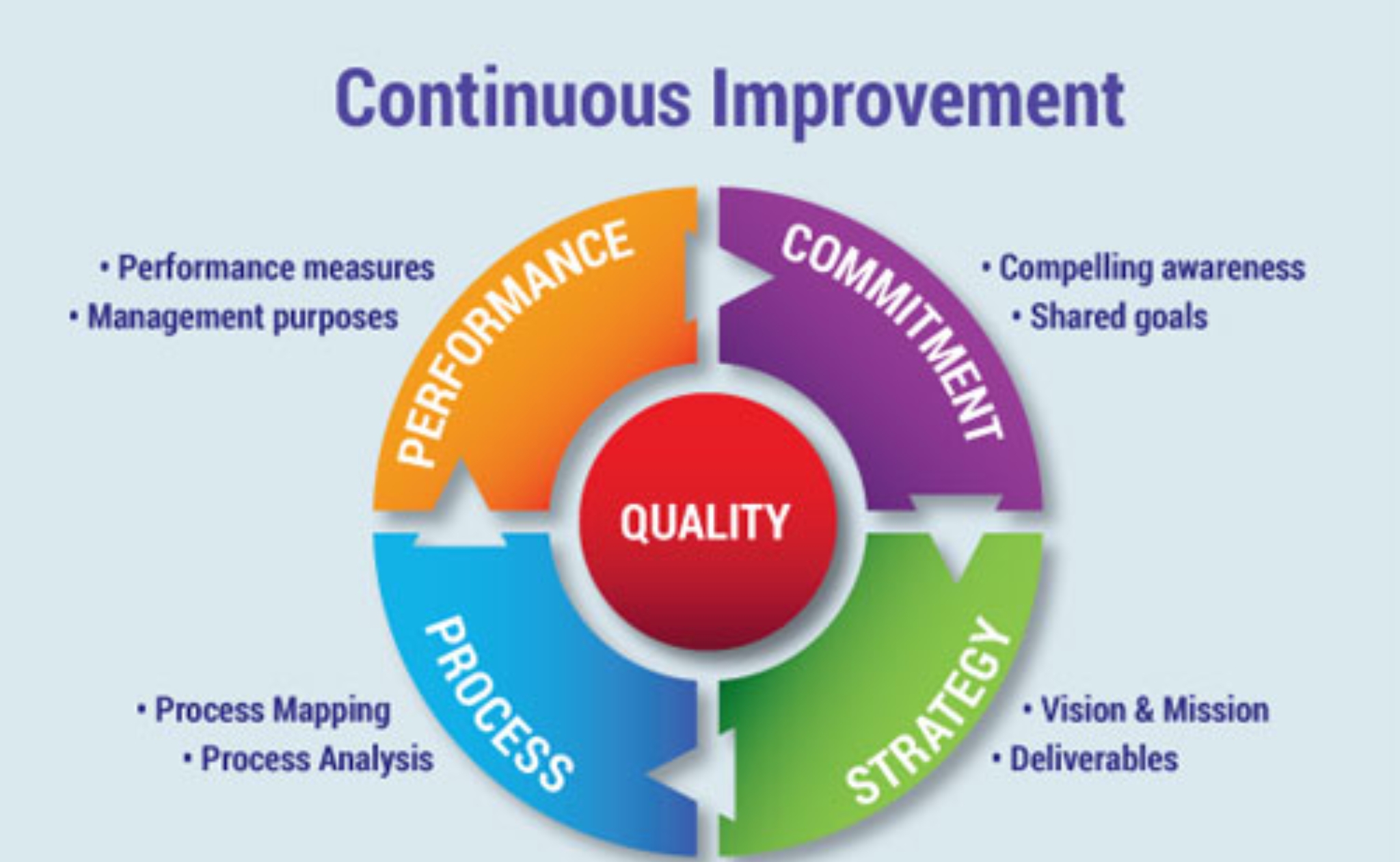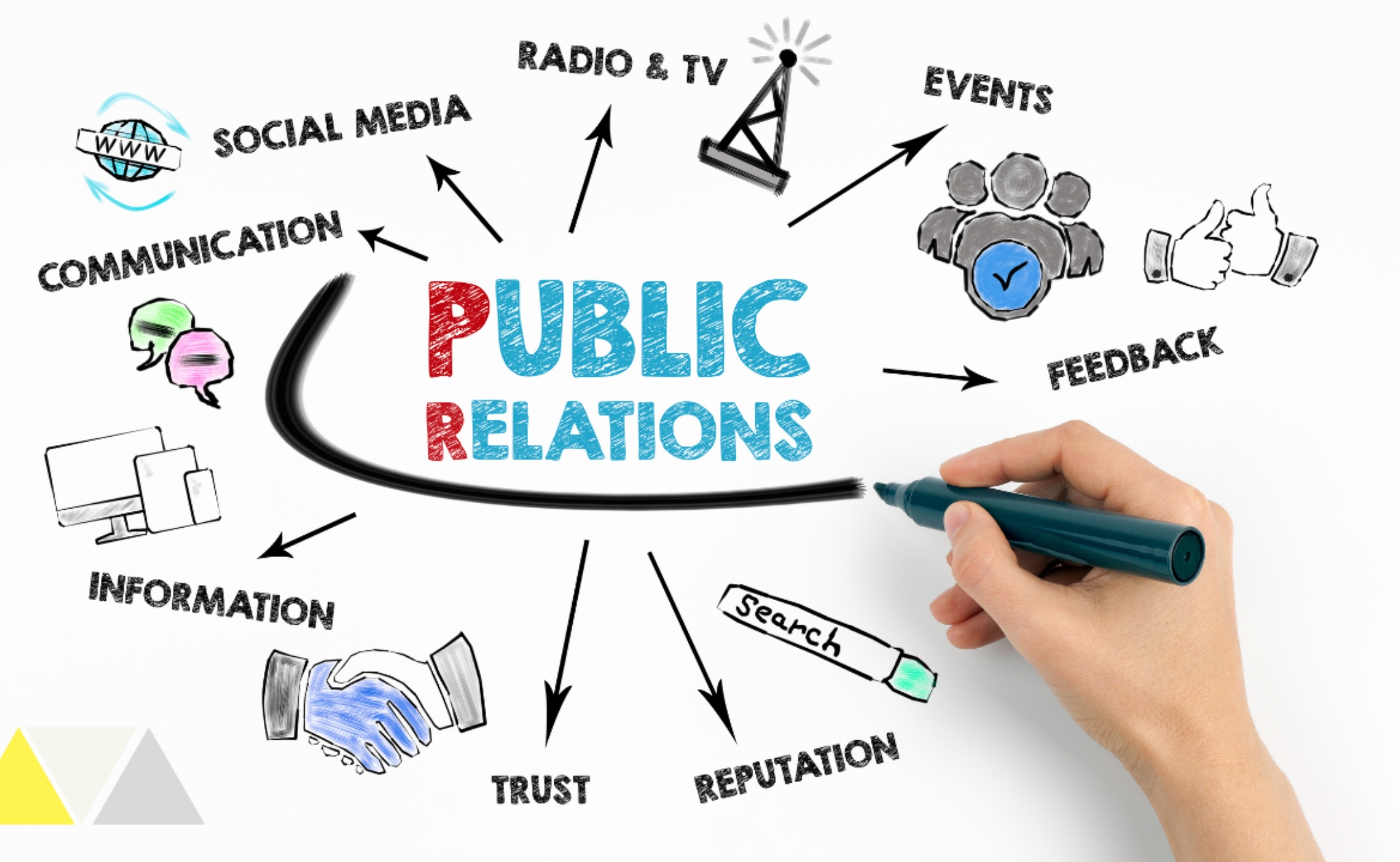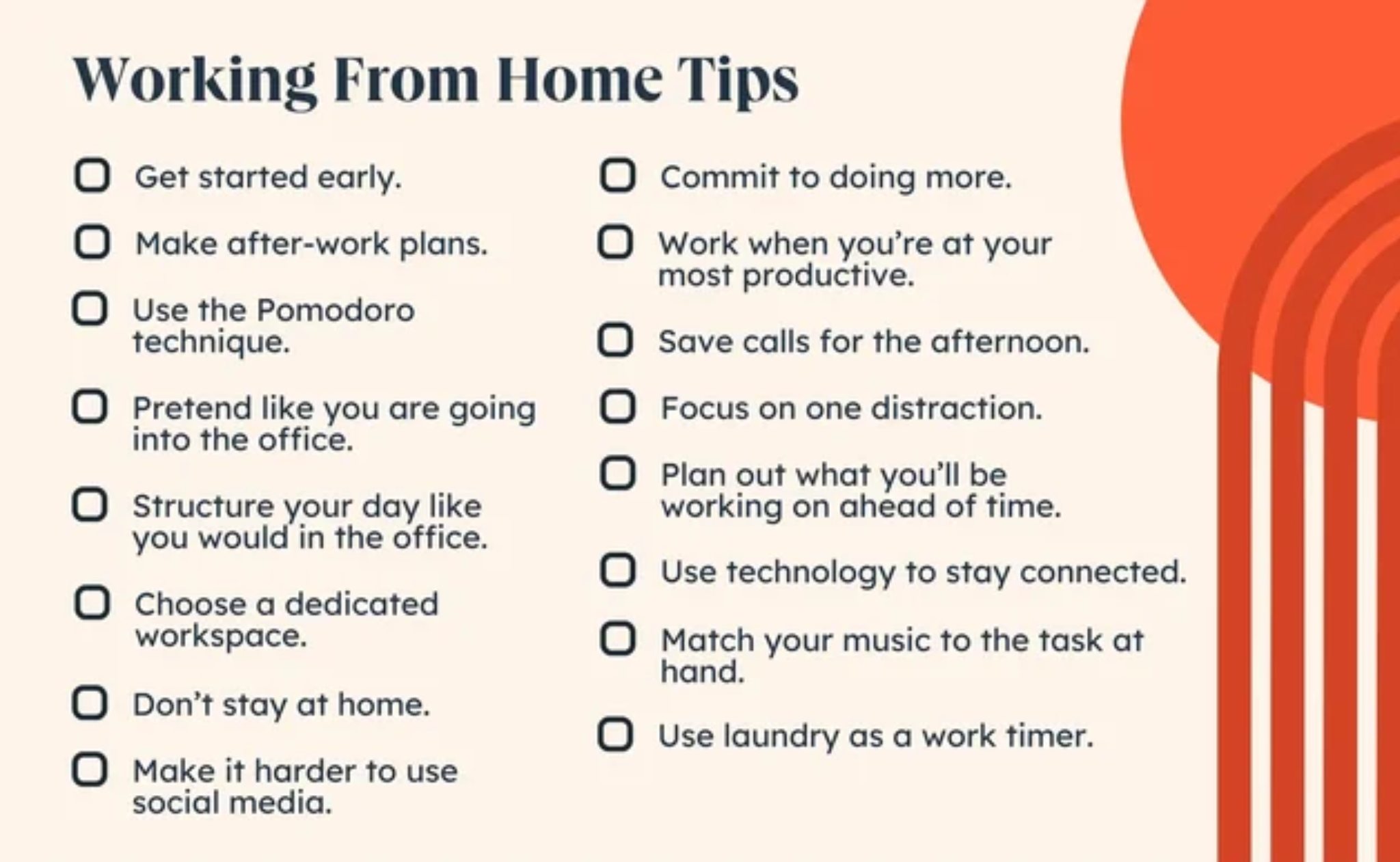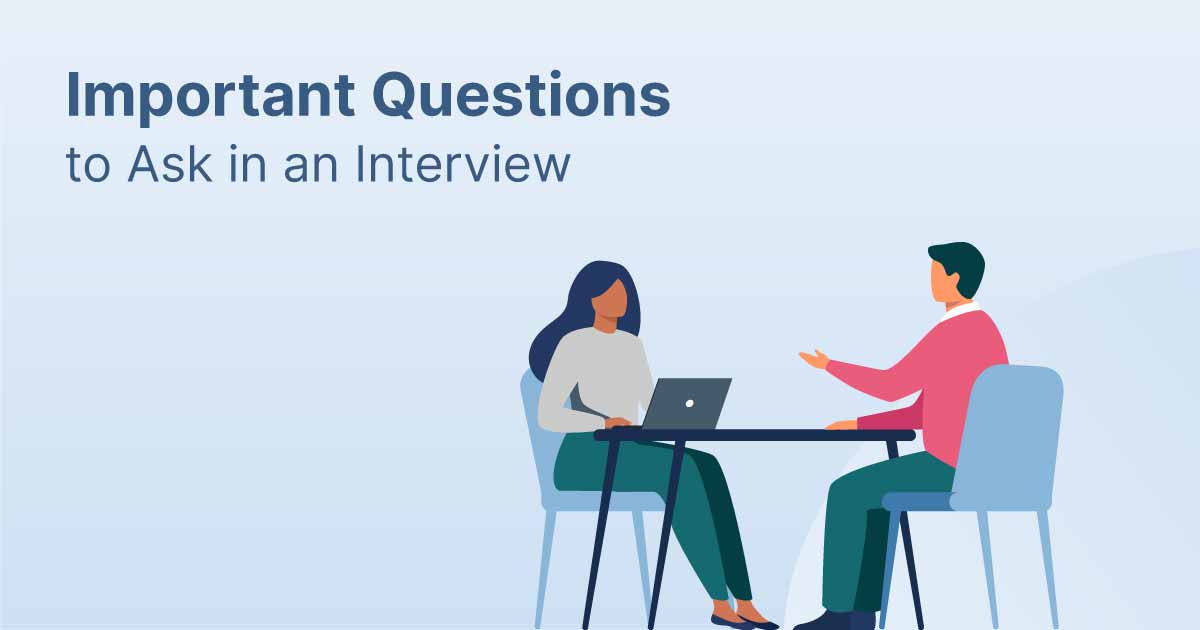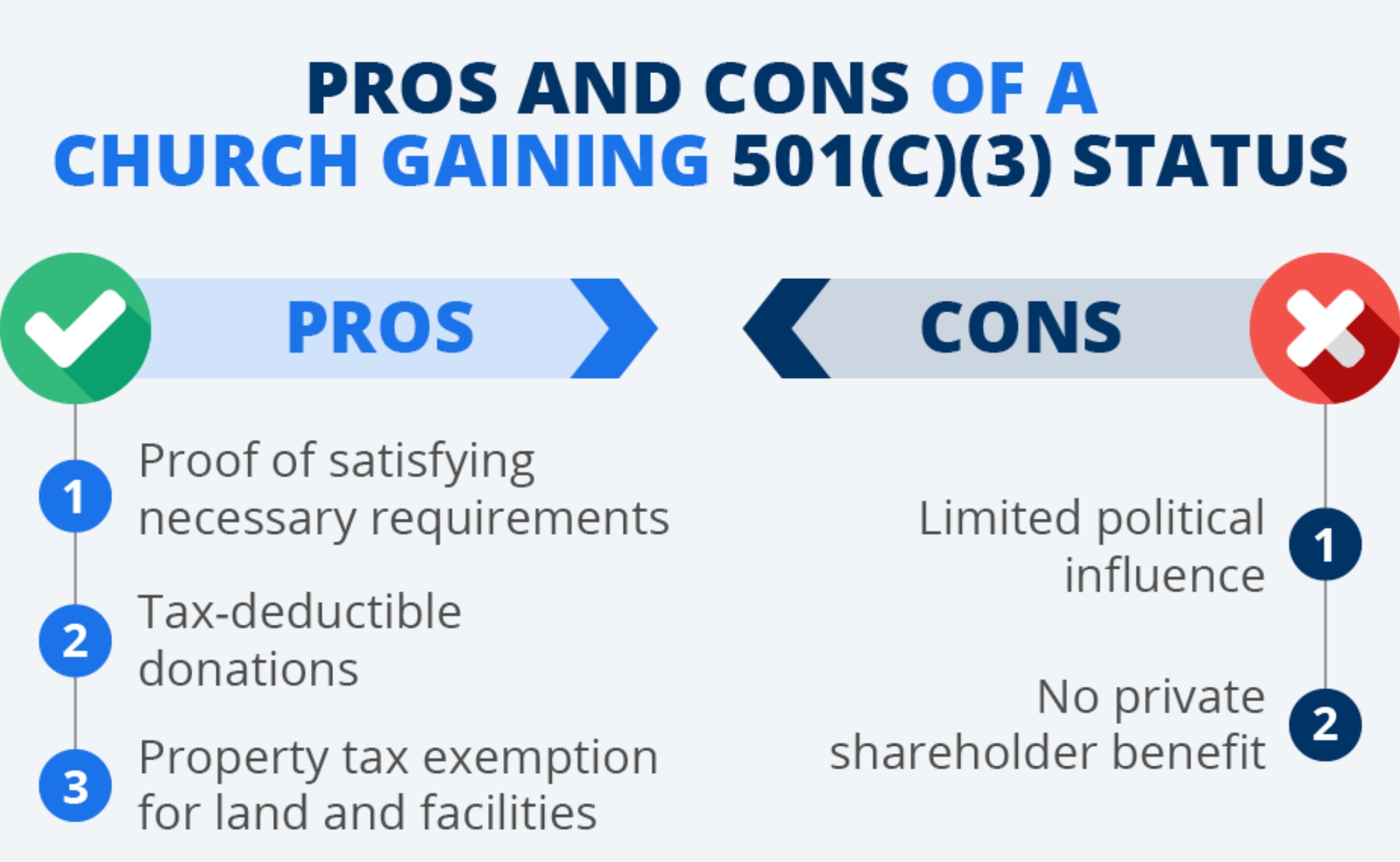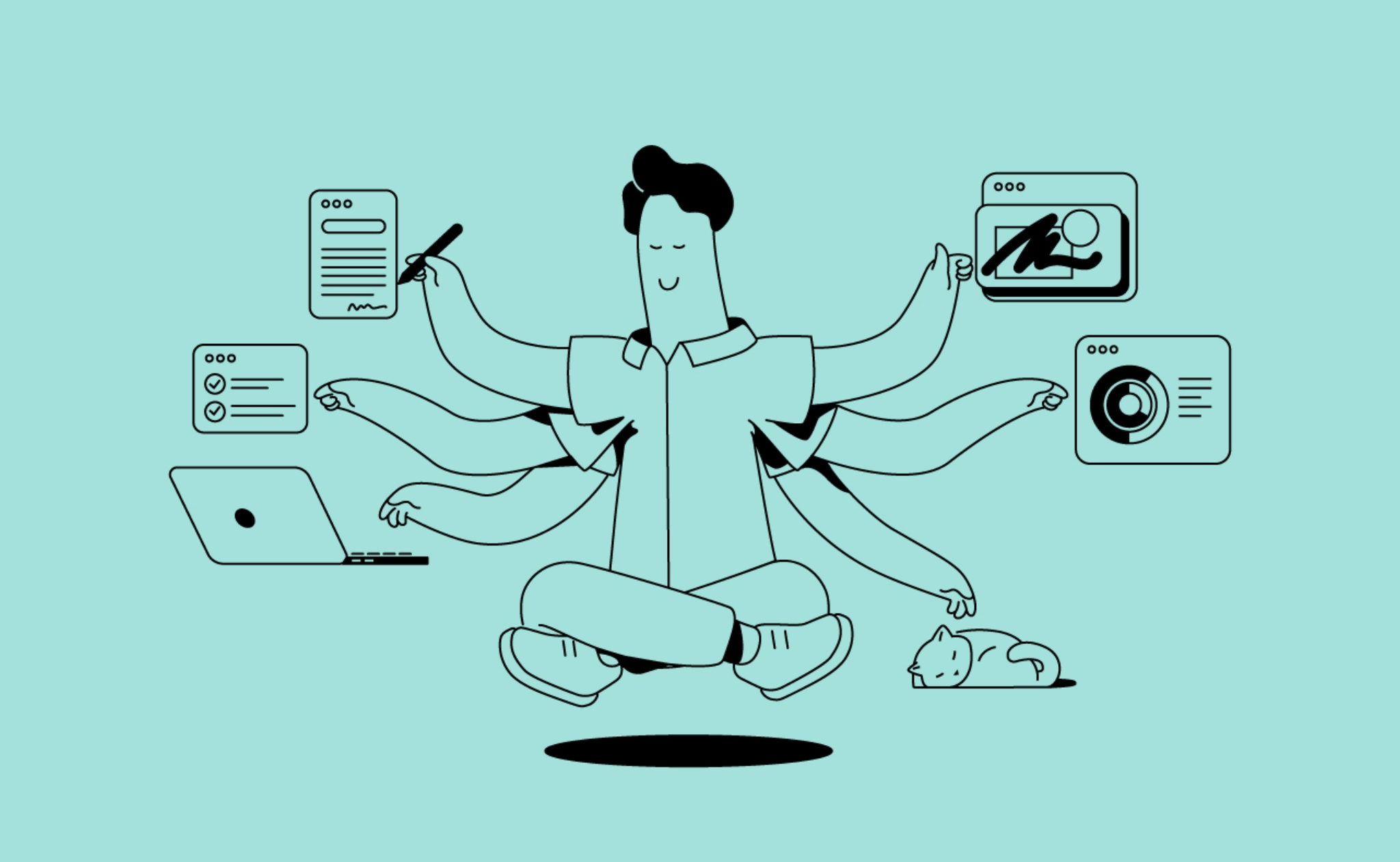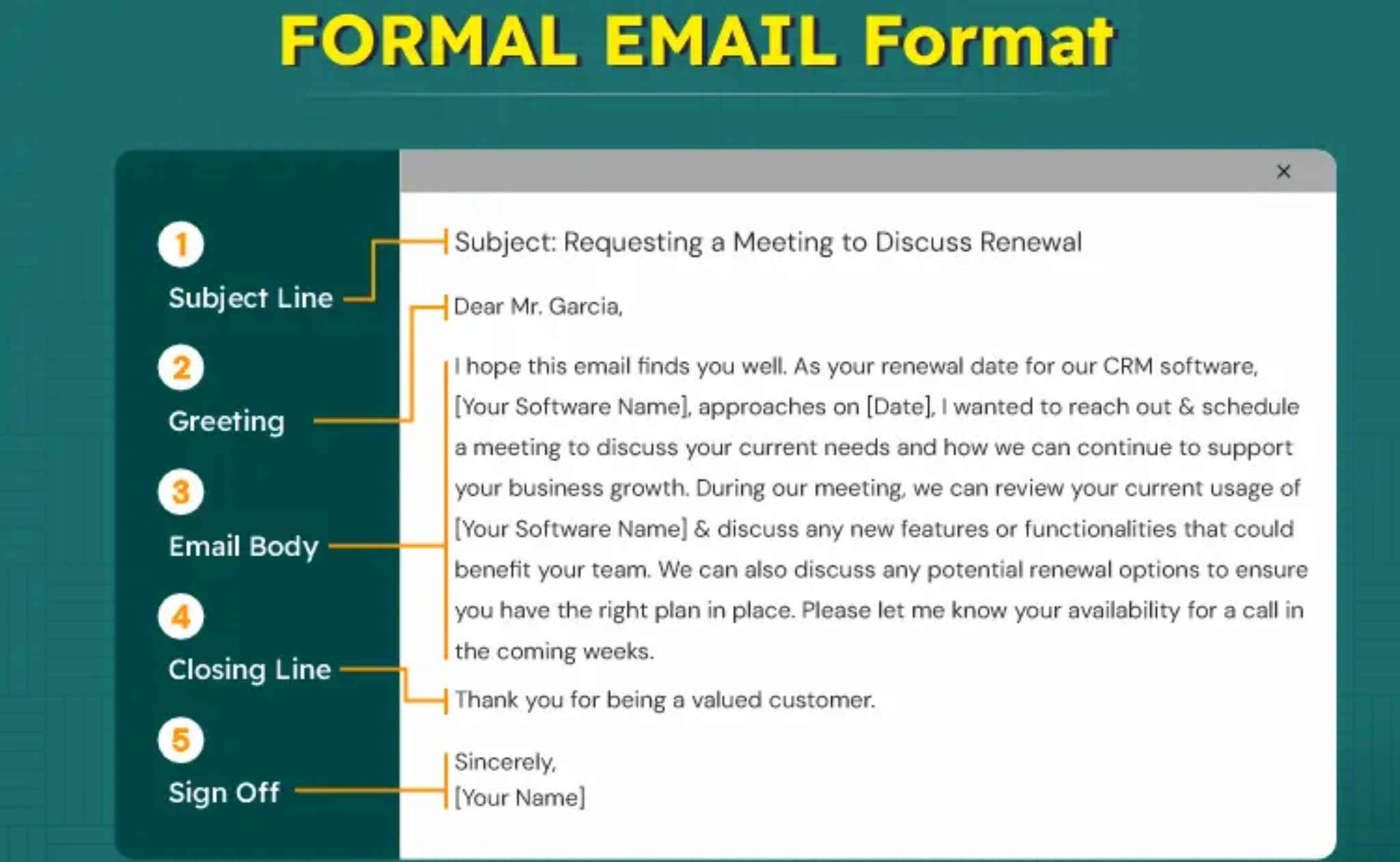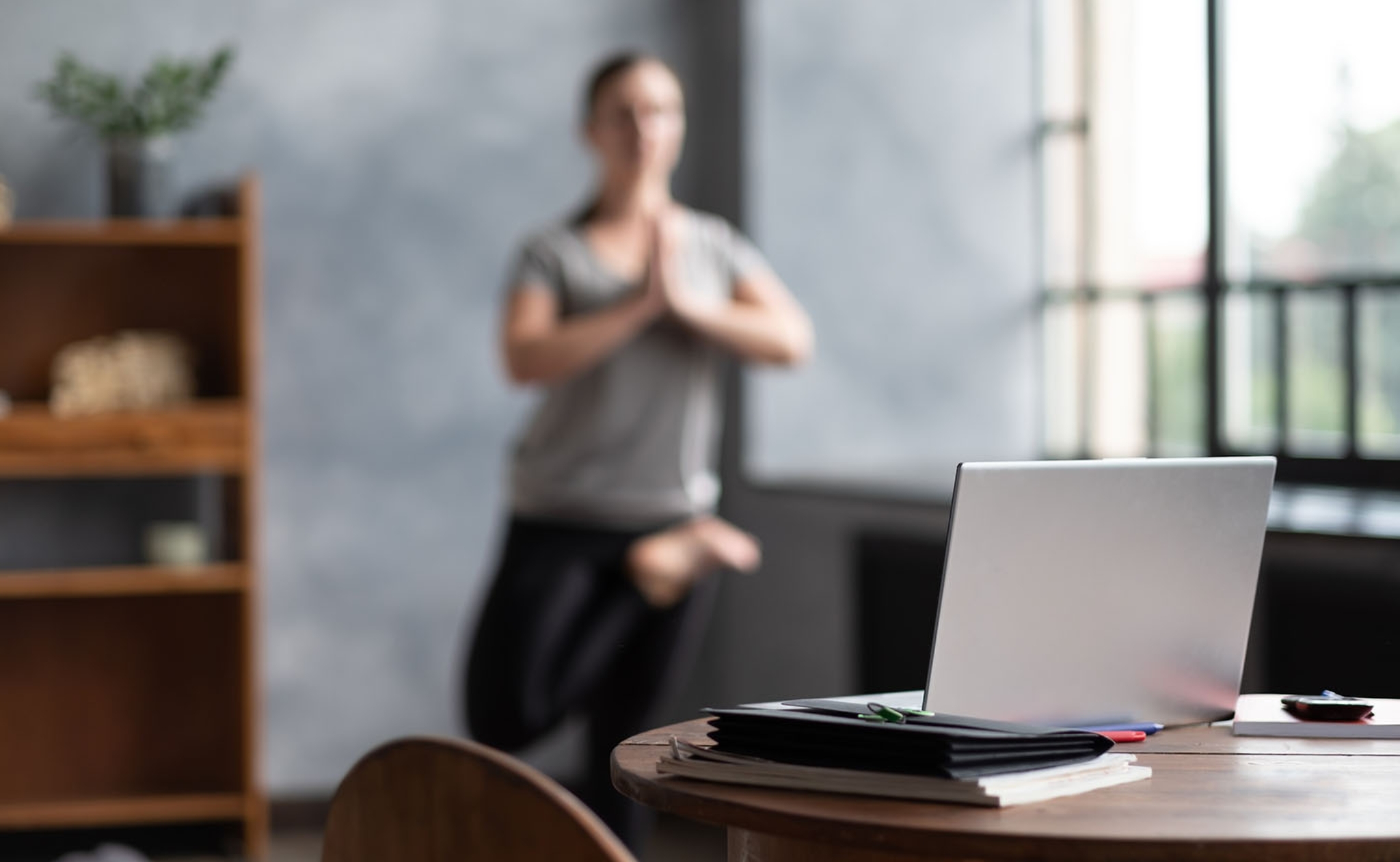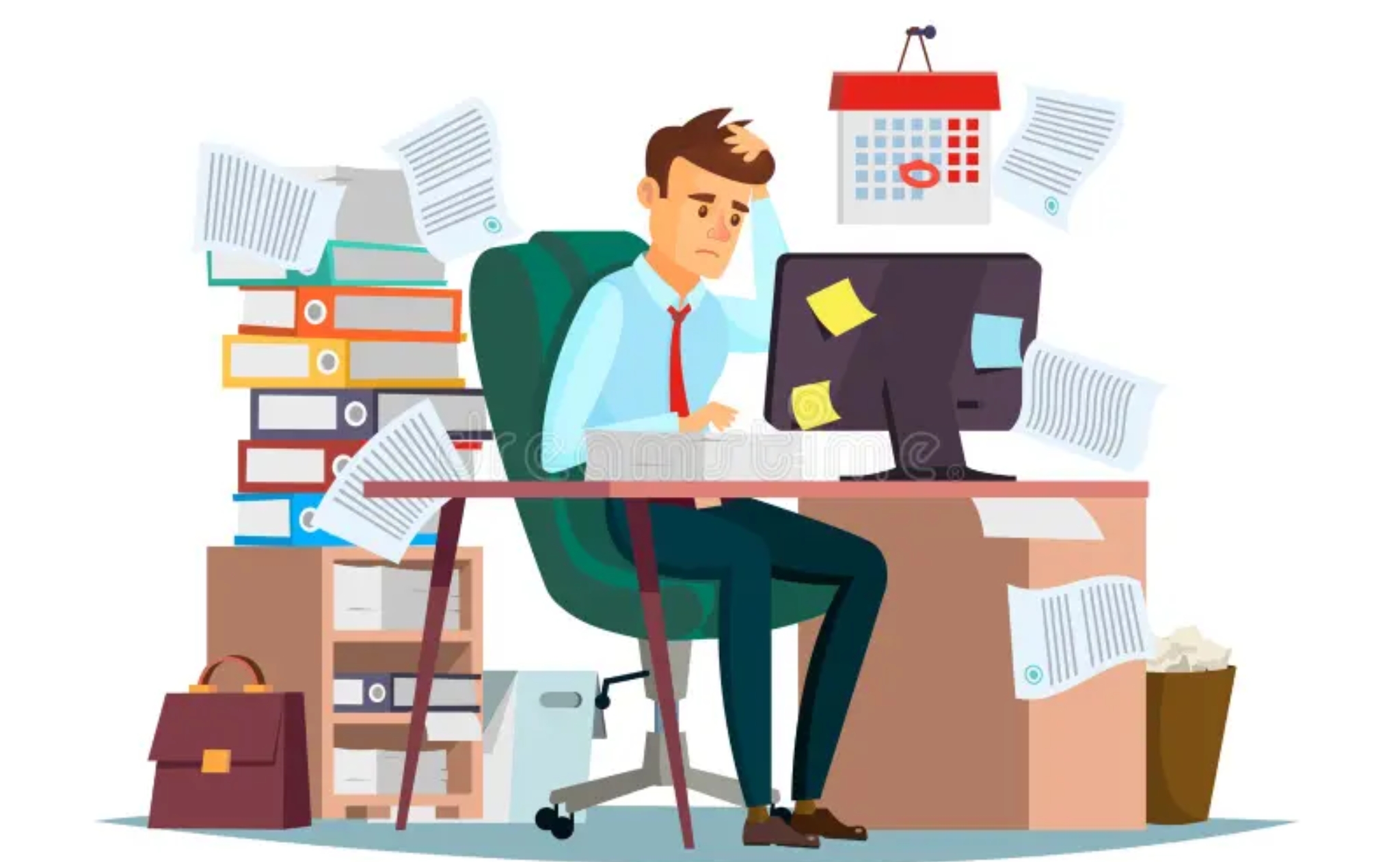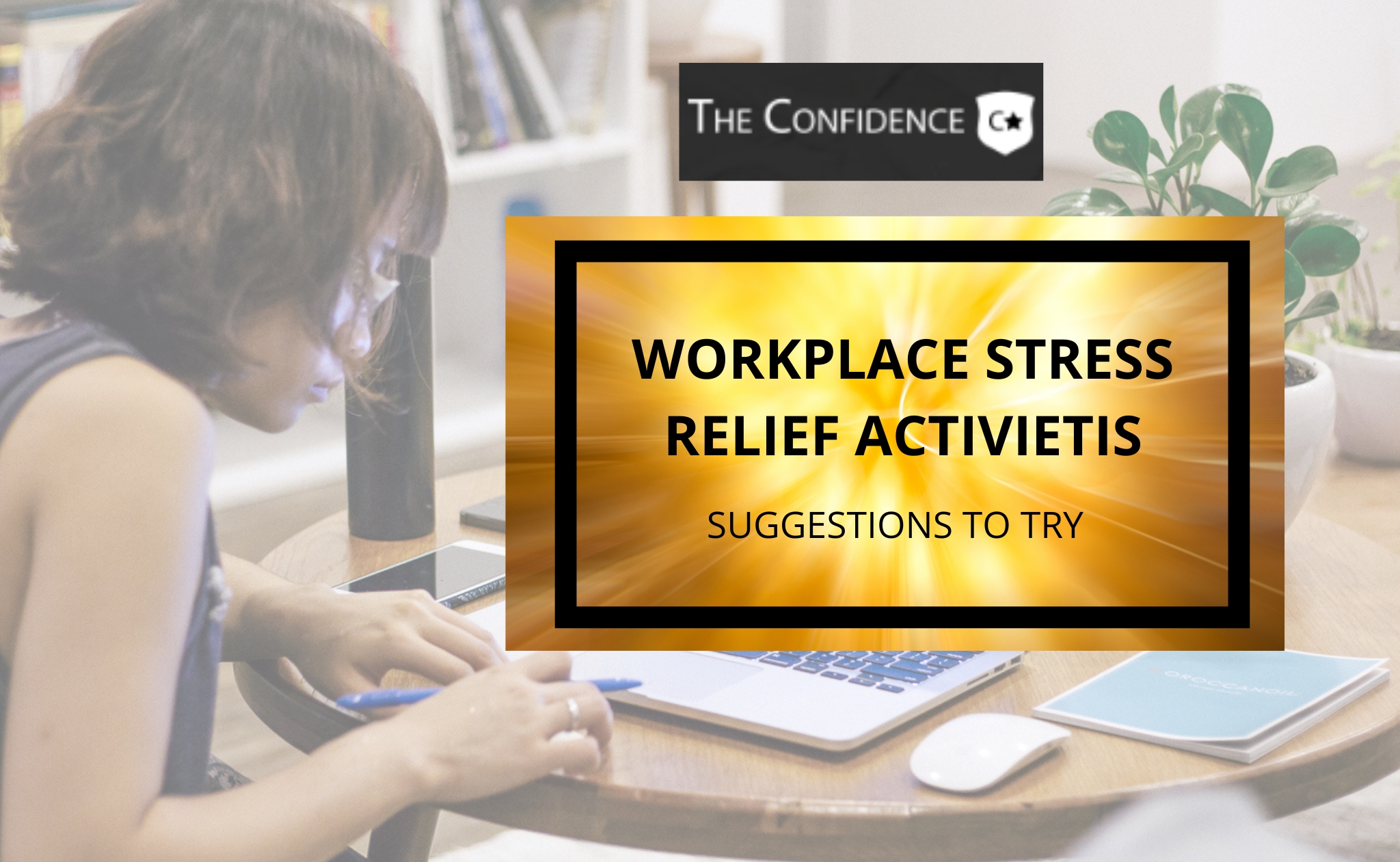Introduction
We all get nervous at times. Sometimes it has to do with an upcoming presentation or performance review at work.
It could also be caused by trouble in your home life or worries about your financial security.
No matter the cause of your anxiety and nervous feelings, it’s important to not give in to these feelings and maintain a general sense of calm and common sense.
Below you’ll find some helpful tips on how to stay calm when nervous, all of which can work in an office setting, when you’re at home, or even in the car.
You may also want to check out this article with tips for calming down at work, specifically.
Contents [hide]
Just Breathe
Before doing anything else, take some deep breaths and count to ten. Yes, it’s a method often used with children, but it can work just as well for adults.
Try it right now, even if you’re not feeling especially nervous. You’ll be surprised how much it can help you to calm down and approach your problems from a more objective mindset.
Some people also like to close their eyes while taking deep breaths. And while this can be helpful, it could also be inappropriate depending on where you are at the moment.
For example, if you’re trying to calm down while stuck in traffic, it’s probably not a good idea to close your eyes while taking deep breaths, not even for a few seconds while you’re at a full stop.
But if you’re at home or taking a break at work, feel free to close your eyes to help block out any potential visual distractions.

Zoom Out
Many stressful situations seem much more important when they’re all you’re thinking about. That’s why it’s so important to zoom out to gain a broader perspective of your situation.
For example, let’s imagine that you’re preparing for a major presentation at your place of work. We won’t deny that presentations can have a large impact on your standing within a company.
But it’s unlikely that being nervous while presenting will put your job in any serious danger.
The most important aspect of any presentation is the content itself, which should prove that you’ve done sufficient research in the run-up to the presentation.
And if you’ve practiced your speech, you’re much less likely to fumble with your words while presenting.
But don’t be afraid to think ahead to the worst-case scenario. In most situations, giving a sub-par presentation may disappoint some of your colleagues or you may have to speak with your boss.
But oftentimes, we tend to expect the worst without cause. Have some faith in yourself and take a look at the bigger picture.
Think About Your Favorite Things

Remember the Favorite Things song from The Sound of Music? It’s another great example of a calming technique often used with children that also works perfectly well with adults.
The only difficult part is getting past the idea that methods like these are only meant for children.
Go ahead and try it out as a thought experiment right now. Stop whatever you’re doing for just a minute or so and dedicate your thoughts to things that you enjoy.
You could think of friends and family members or focus on some of your favorite hobbies. Maybe you recently took a vacation to a relaxing location that you’d like to revisit.
Travel back there in your mind, for just a few moments. If you don’t have any specific places in mind, then you can simply think about a beach or a quiet grassy field in the middle of nowhere.
Focus only on these thoughts for about a minute. Do you feel more relaxed than you did when you started?
For most people, the answer will be yes.
Another thought exercise that can be beneficial to mental health is to do an overview of the things in your life that you’re thankful for.
Ask for Help
It’s also important to remember that you can ask for help at any time. You don’t have to struggle through your problems alone, even if it may feel that way sometimes.

Asking for help with your nerves also doesn’t have to mean speaking with a therapist. Instead, you can try talking through your problems with a close friend.
You’ll be surprised how willing your friends will be to help you sort through your concerns and sources of anxiety.
Drink Some Tea
Of course, it doesn’t have to be tea. The idea here is to establish your own personal method for getting rid of your nerves.
Preparing a relaxing beverage for yourself can signal to your brain that it’s time to relax, especially if it involves a significant amount of preparation.
Try an herbal tea or some matcha as a starting point. You can even make it a part of your daily work routine.
For example, if you find yourself consistently stressed or nervous in the middle of your work day, get in the habit of taking a small ten-minute break to make a mug of tea and just relax.
You’ll start to anticipate this small break and even look forward to it.
Take a Walk

Light exercise can do wonders for your mental health. If possible, get in the habit of taking a short walk during a work break or soon after you get home from work.
The activity will help release endorphins in your brain, which can in turn help you to process difficult problems more honestly.
In just a few minutes, you’ll most likely notice that you’re in a slightly better mood, and therefore better suited to tackle your problems head-on.
Welcome Helpful Distractions
While we’re certainly not condoning procrastination, which can lead to even more intense nervous feelings in the long-run, you should allow yourself to welcome distractions if you find yourself fixating on certain problems.
So if you’ve been working on the same project for 5 hours and you’re starting to feel incredibly nervous about how it will turn out, then you should try to give yourself a small break, maybe watching some entertaining videos.
Cooking can also be a great distraction from what’s troubling you. It requires a certain amount of concentration and focus, meaning you probably won’t be able to stress about your problems at the same time.


























































